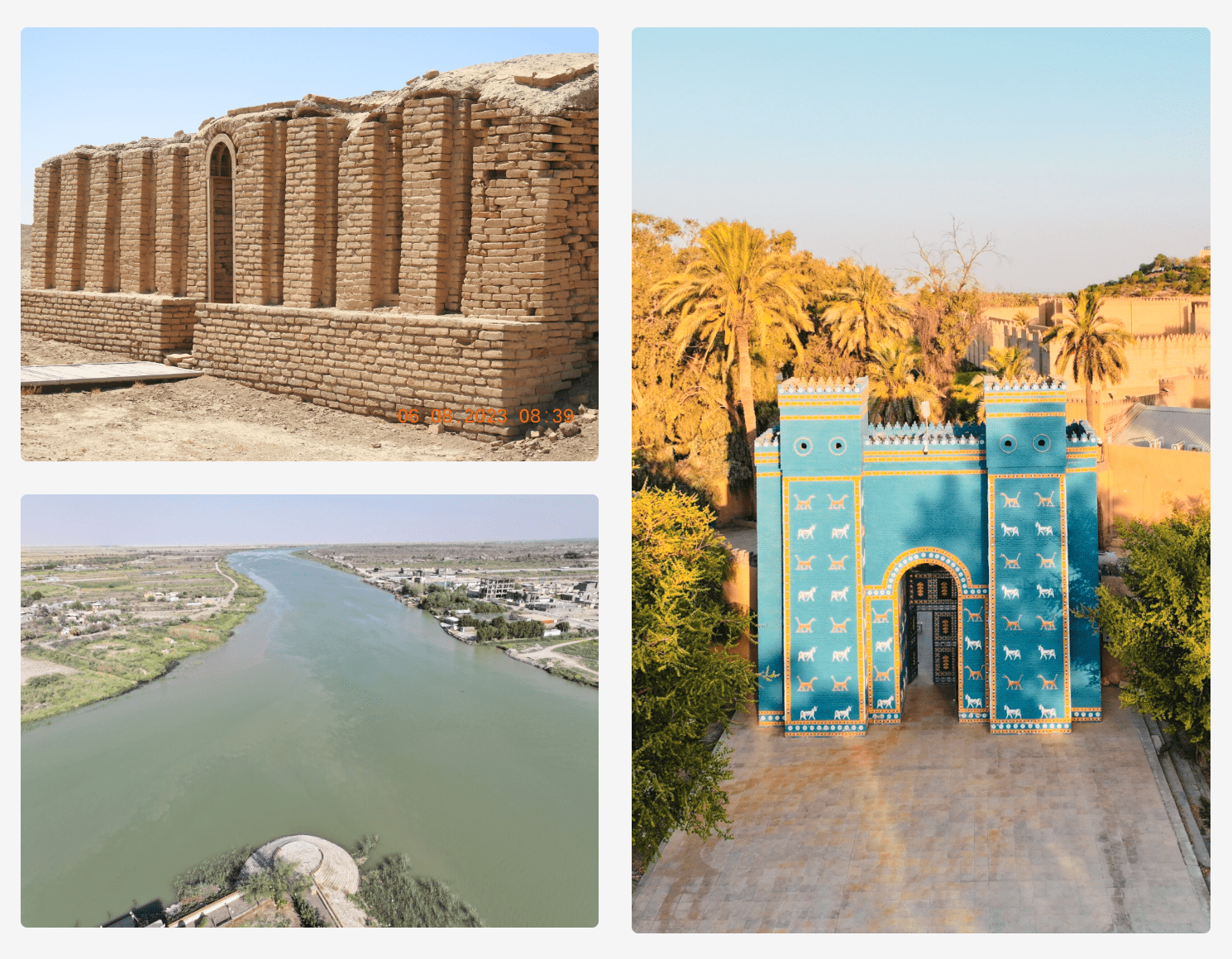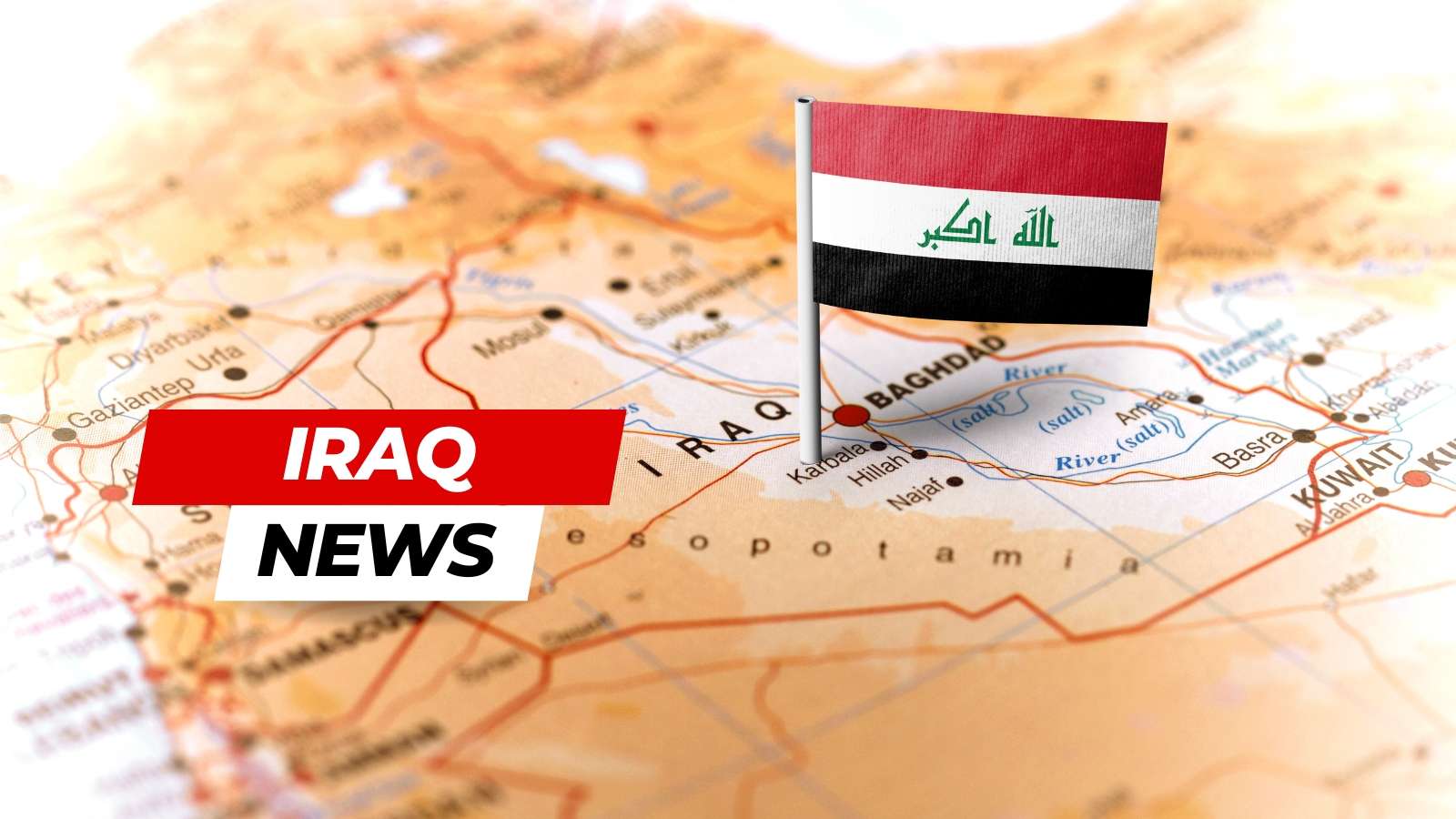Discover Iraq
Iraq is one of the world’s most fascinating yet misunderstood destinations. Known as the Cradle of Civilisation, it is the birthplace of writing, agriculture, and the earliest cities. Beyond history, Iraq is alive with culture, warm hospitality, and unforgettable travel experiences.
This guide will help you discover Iraq’s history, culture, food, traditions, and travel highlights. Whether you are interested in archaeology, religious journeys, or simply meeting the Iraqi people, this is your essential starting point.
A Land of History - The Cradle of Civilisation
Iraq’s story begins over 7,000 years ago in Mesopotamia, “the land between two rivers.”
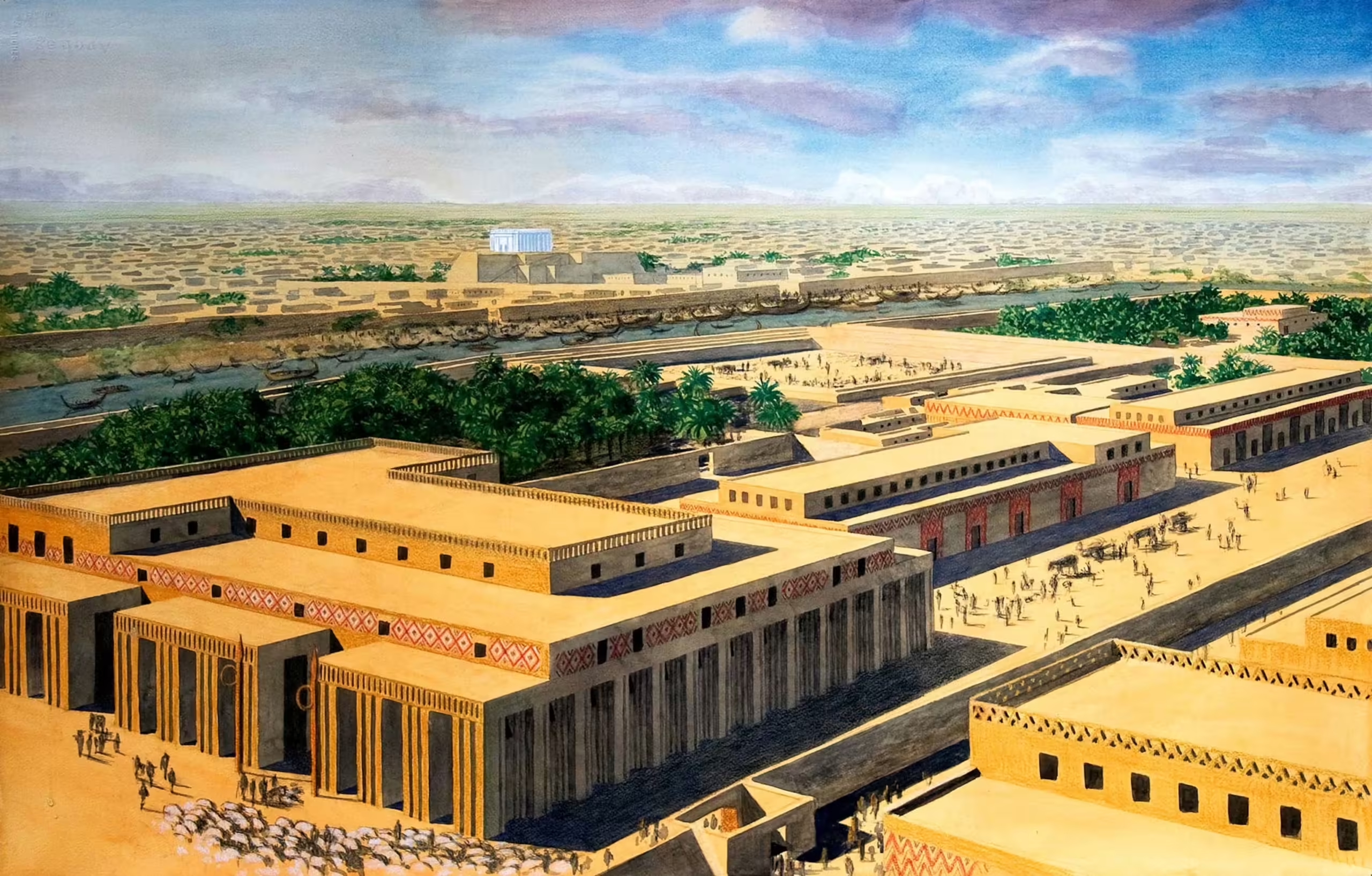
Sumerians
The first civilisation, inventors of cuneiform writing and the wheel.
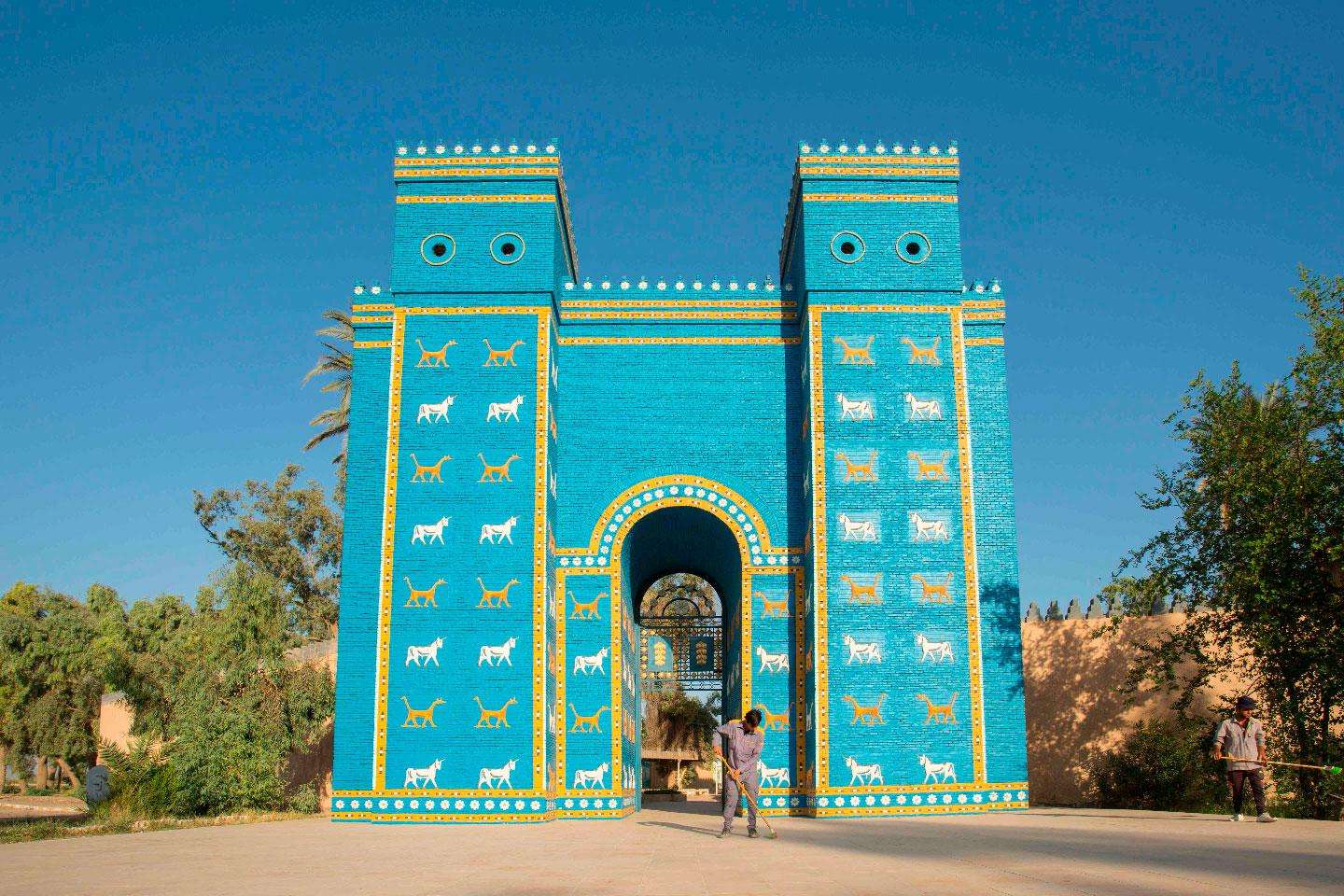
Babylonians
Builders of the Hanging Gardens, one of the Seven Wonders of the Ancient World.
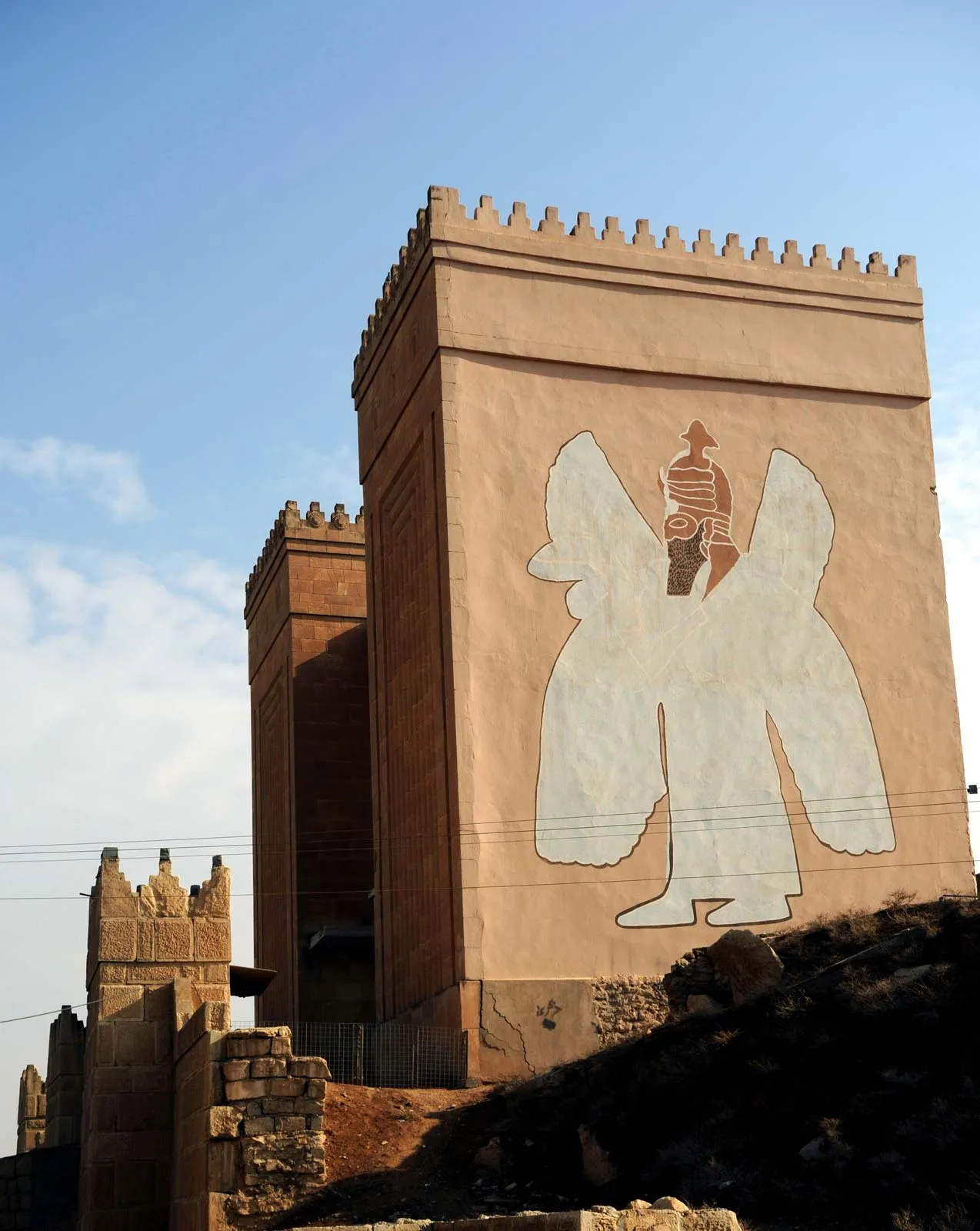
Assyrians
Masters of warfare and monumental architecture, based in Nineveh.
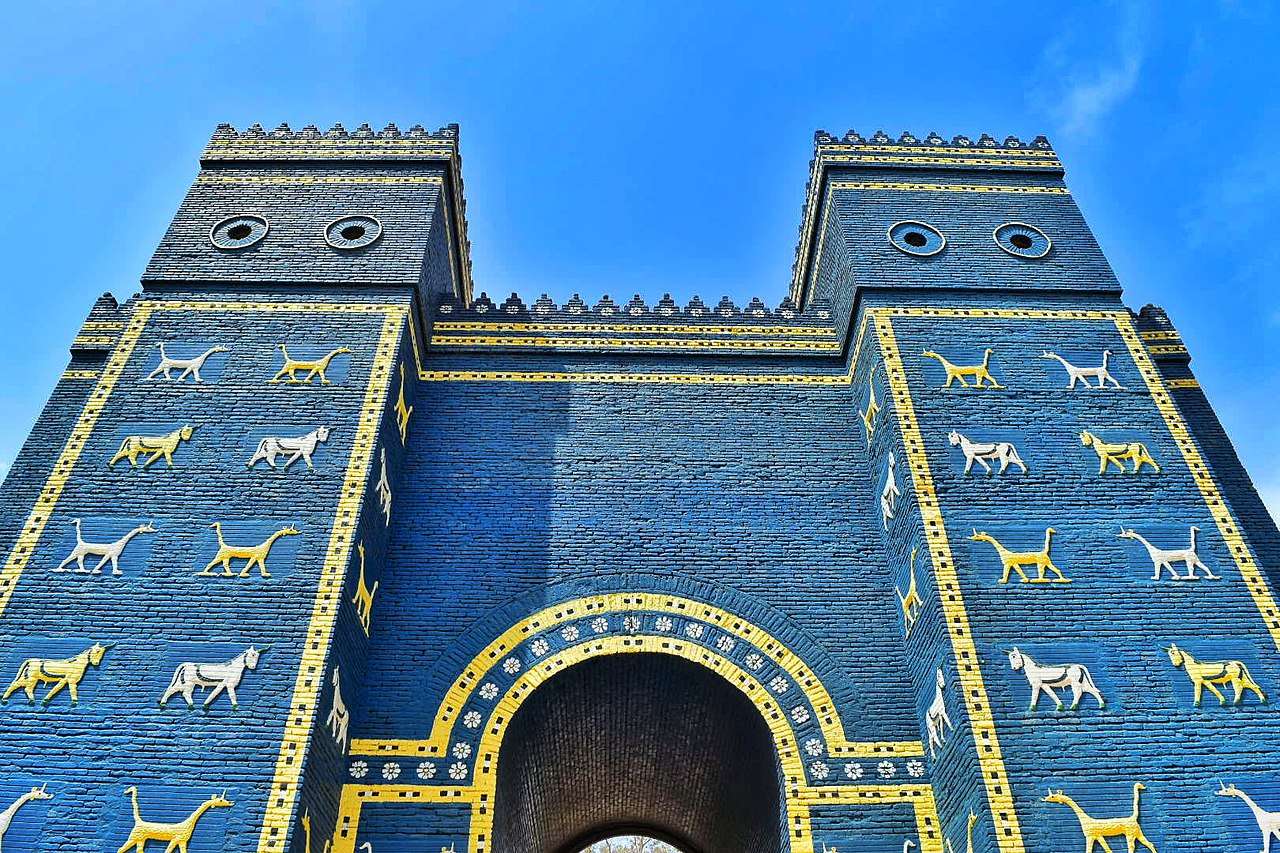
Babylon (Hillah)
Explore the ruins of Nebuchadnezzar’s palace and the Lion of Babylon.
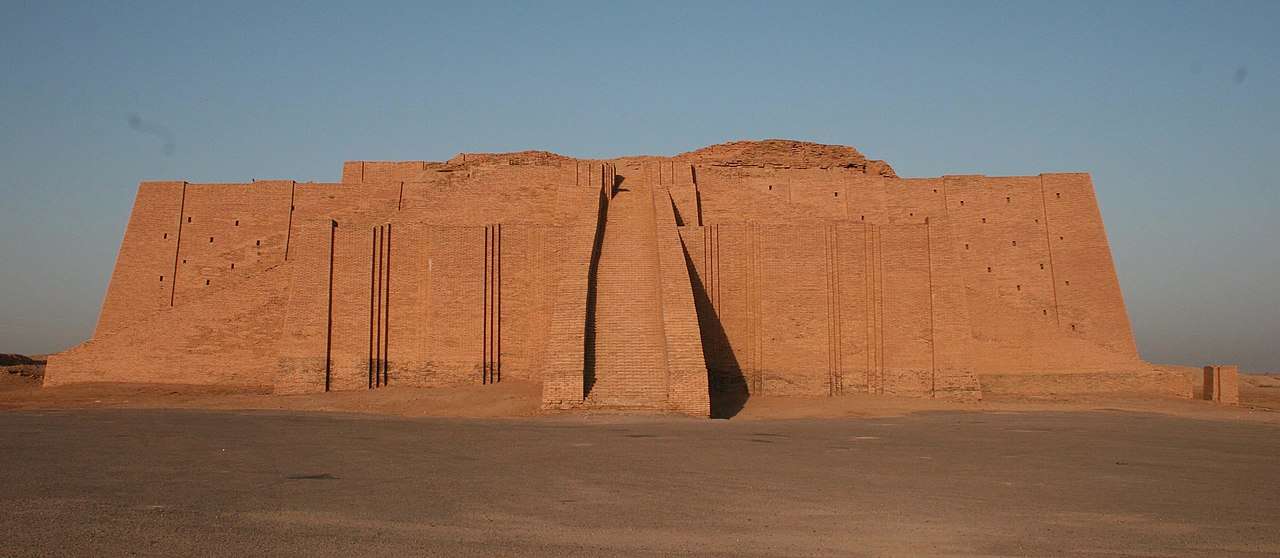
Ur (Nasiriyah)
Visit the grand ziggurat and the city linked to Prophet Abraham.
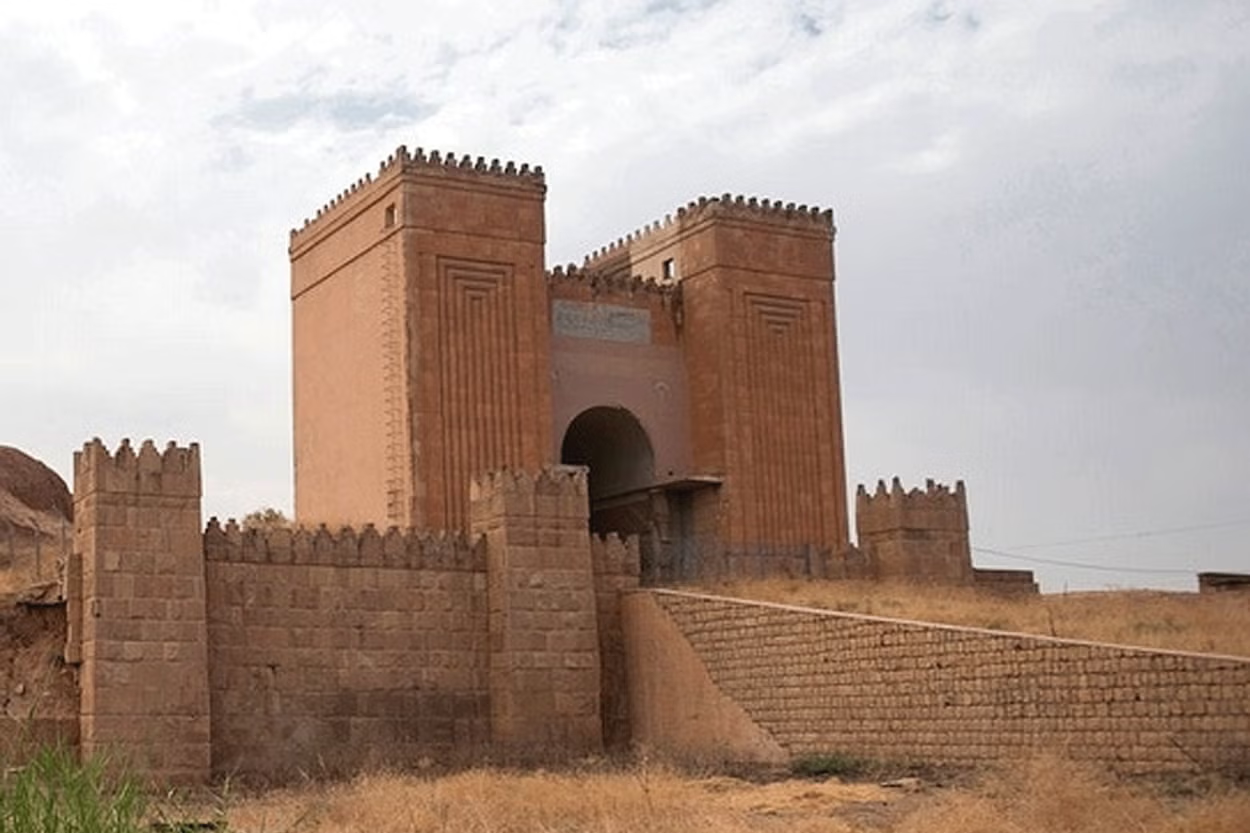
Nineveh (Mosul)
See the remnants of the Assyrian empire and ancient gates.
Islamic Heritage - The Heart of Faith
Iraq is home to some of the world’s most significant religious sites. Millions of Muslims and non-Muslims alike visit these holy cities every year.
- Najaf - The resting place of Imam Ali (peace be upon him), a major pilgrimage destination.
- Karbala - The city of Imam Hussain, where Arbaeen attracts over 25 million pilgrims annually.
- Kufa - A city of early Islamic scholarship and heritage.
- Samarra - Famous for its golden domes and the Great Mosque spiral minaret.
Learn more about this topic on our Religious Tourism in Iraq page.
Modern Iraqi Cities to Explore
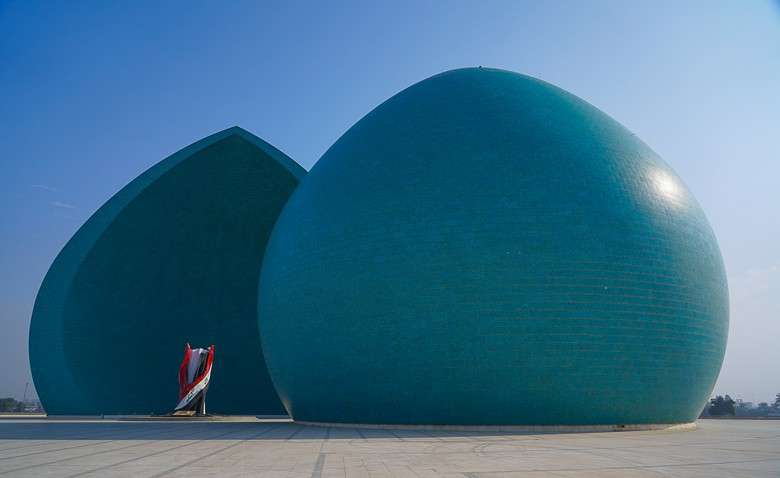
Baghdad
The Beating Heart of Iraq
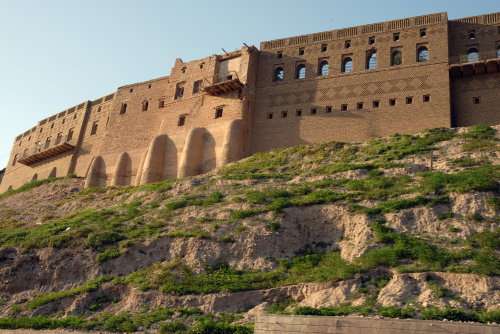
Erbil
The Gateway to Kurdistan
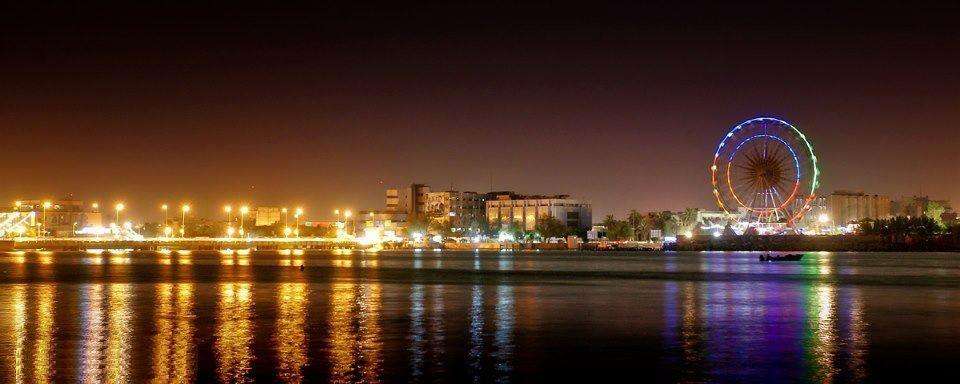
Basra
Iraq’s Venice
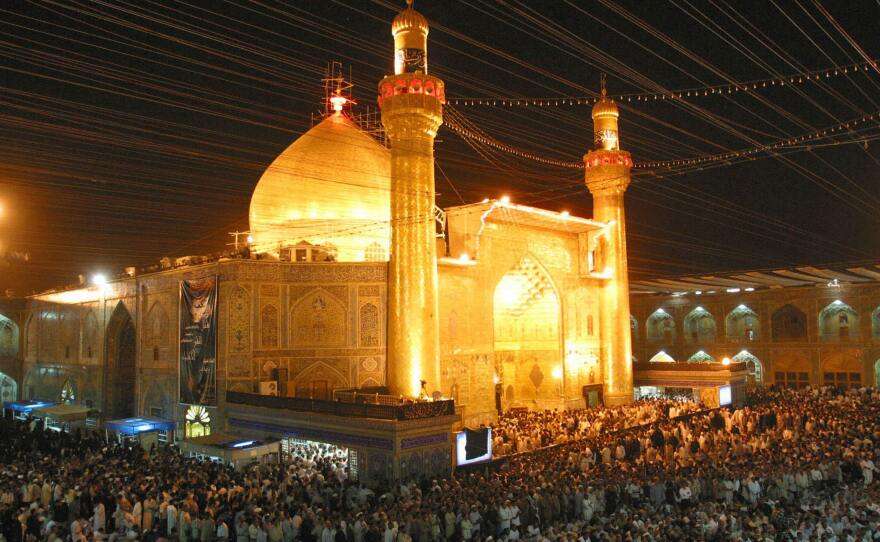
Najaf
The City of Knowledge
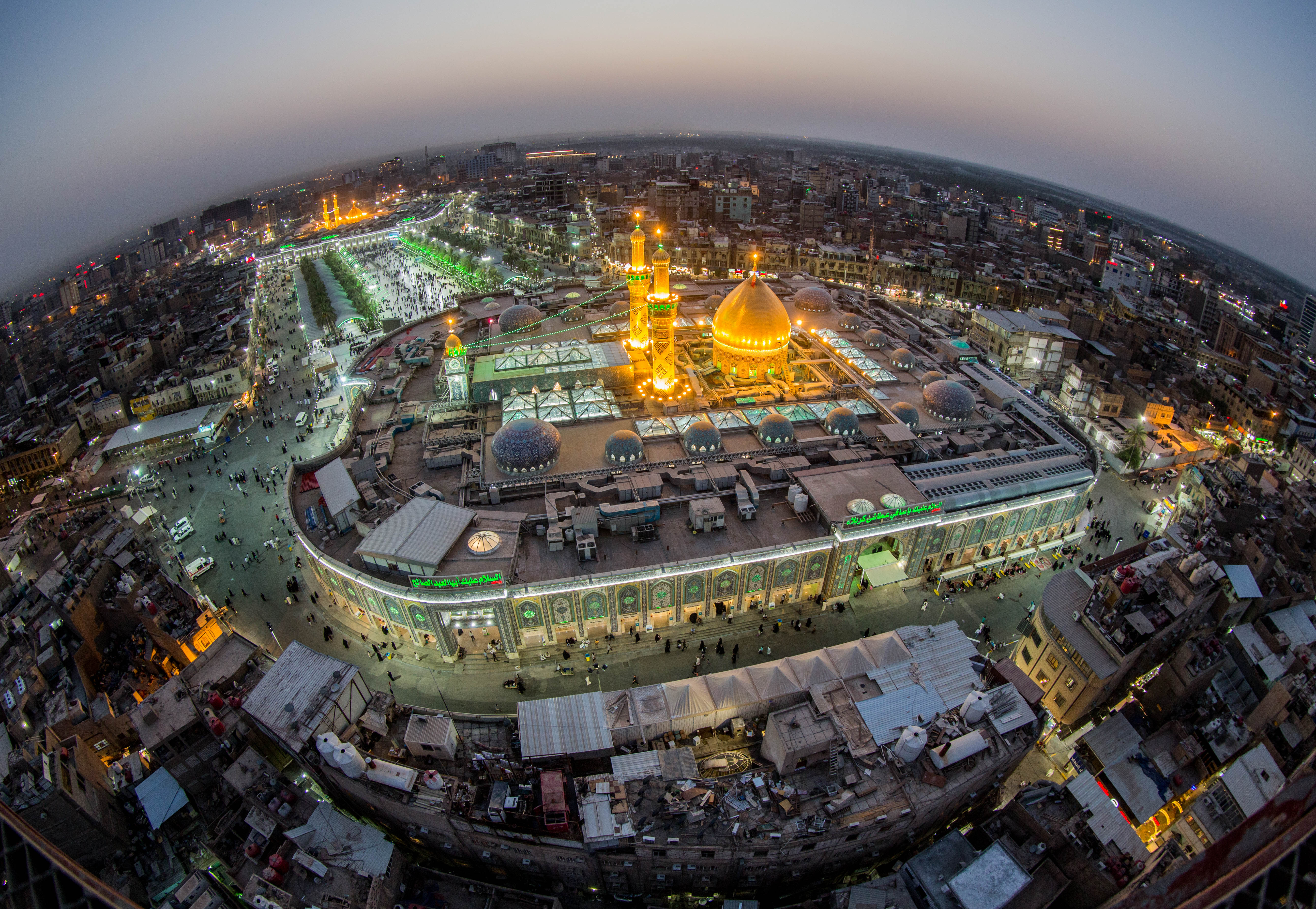
Karbala
The City of Peace and Sacrifice
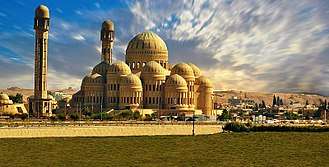
Mosul
A City of Resilience
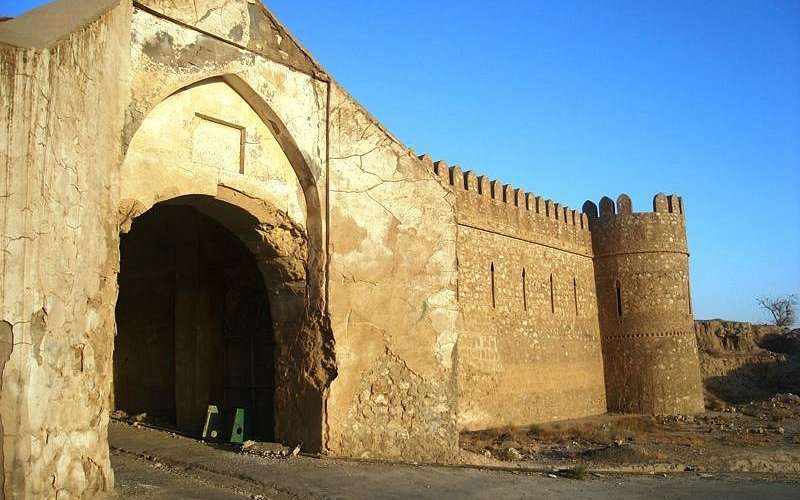
Kirkuk
Oil Capital with Ancient Roots
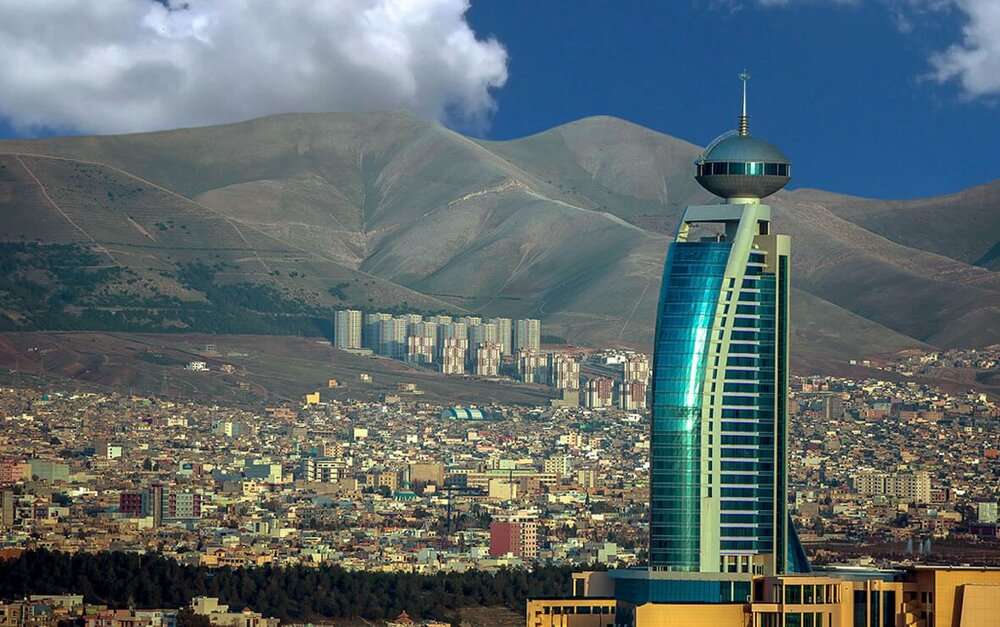
Sulaymaniyah
Cultural Capital of Kurdistan
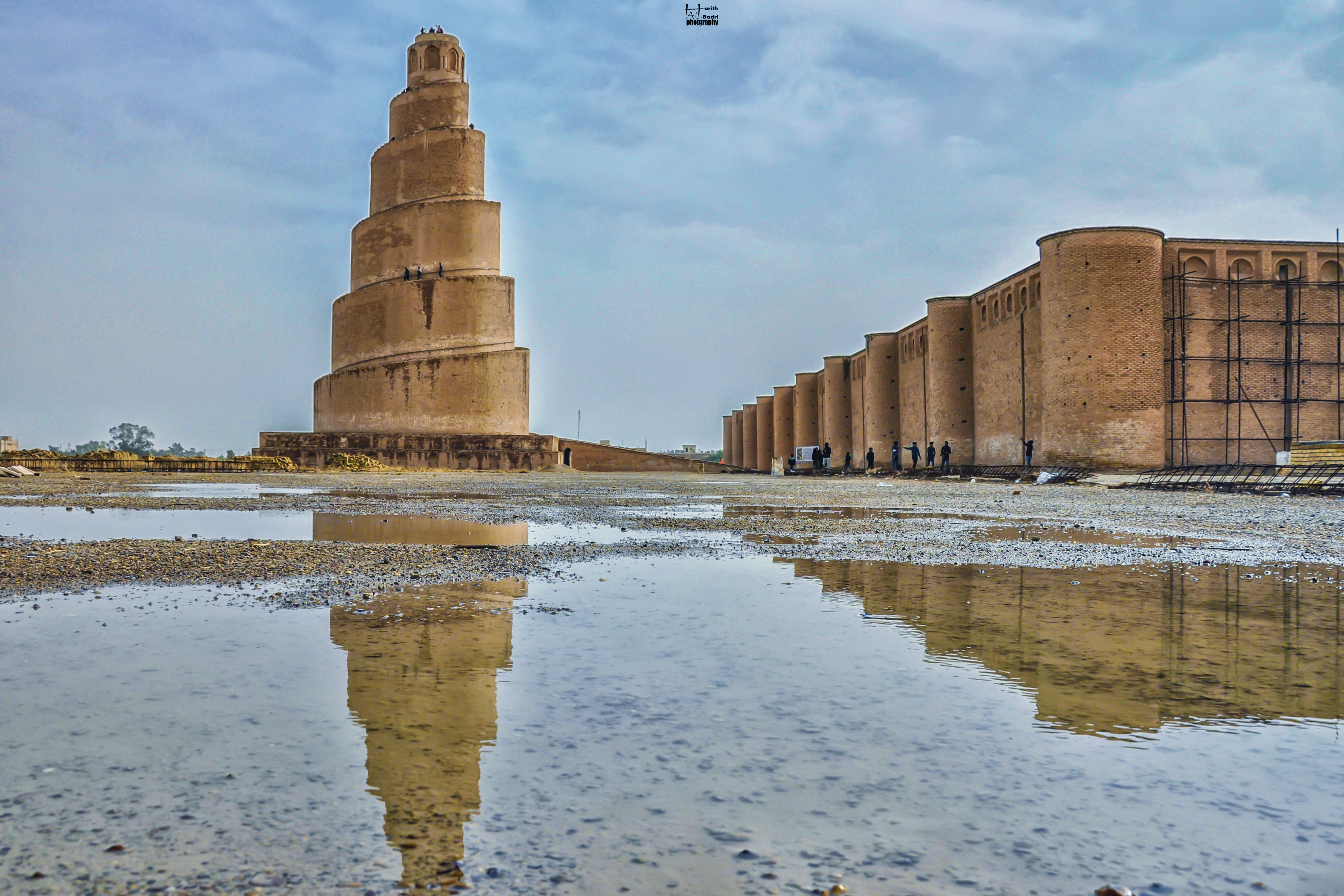
Samarra
The Golden Dome City
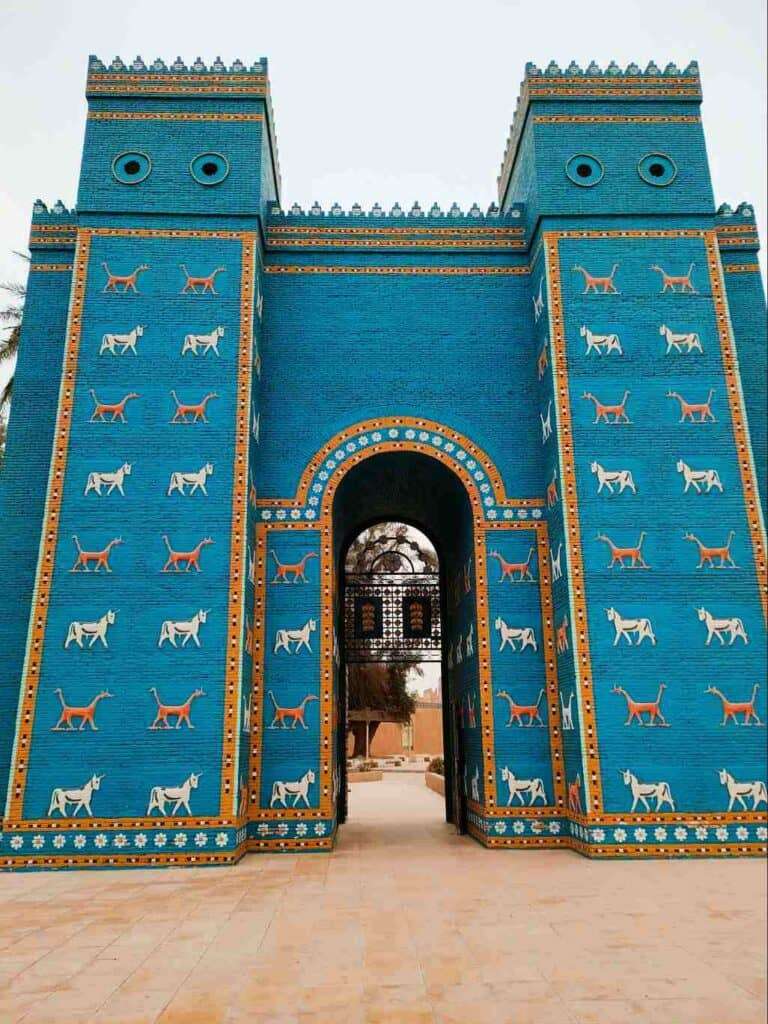
Hillah
Home of Babylon
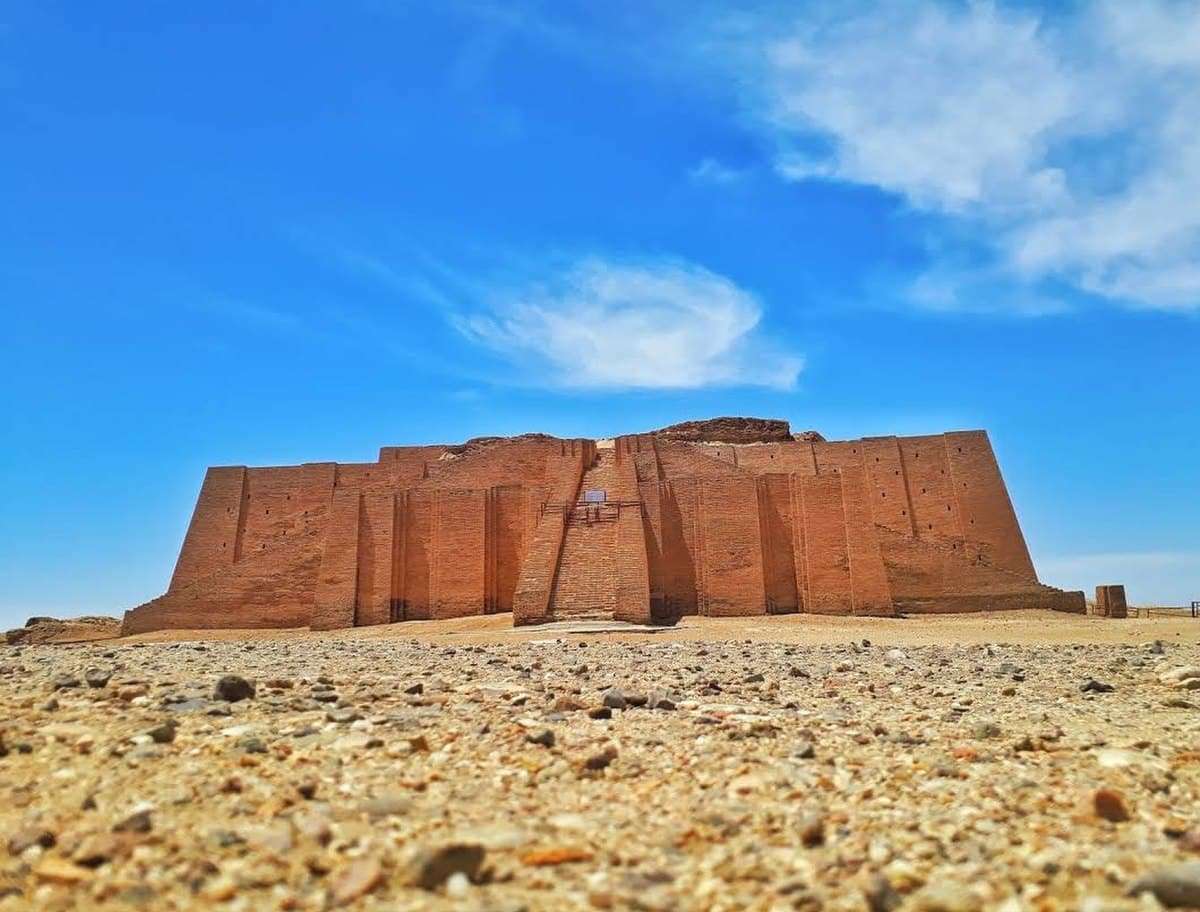
Nasiriyah
Land of the Ziggurat of Ur
Iraqi Culture and Traditions
Iraqis are among the world’s most generous hosts. Guests are treated with respect, offered tea, and often invited to share meals. Refusing hospitality can even be seen as impolite.
Food is a highlight of any trip:
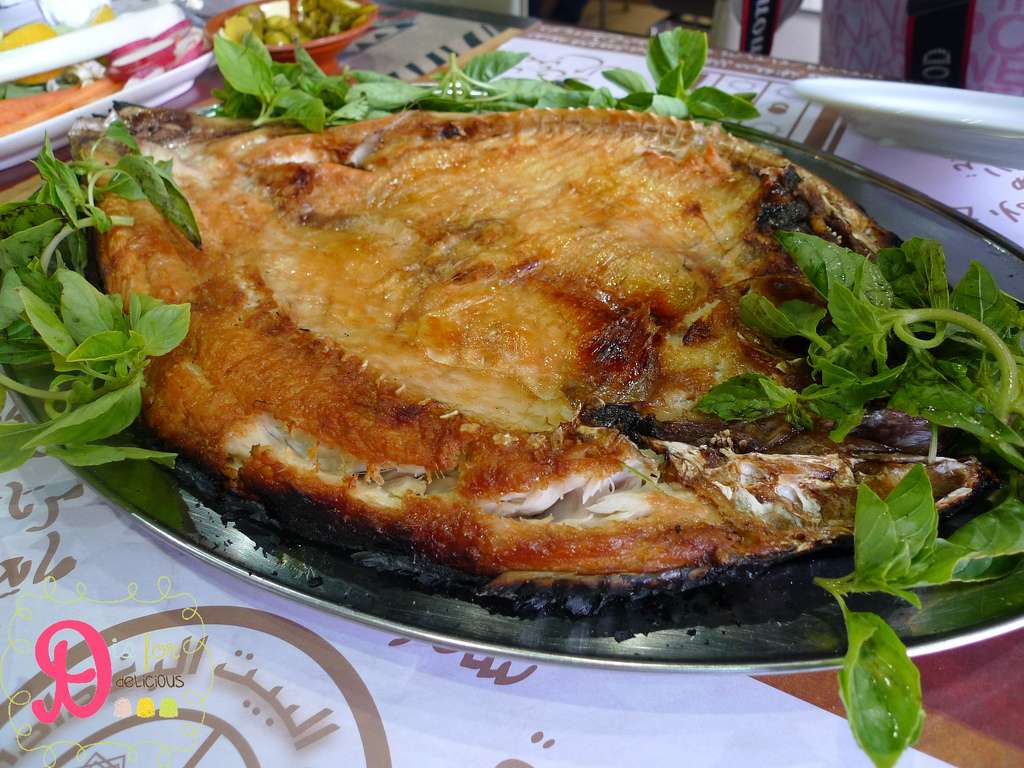
Masgouf
Grilled freshwater fish, often considered the national dish of Iraq.
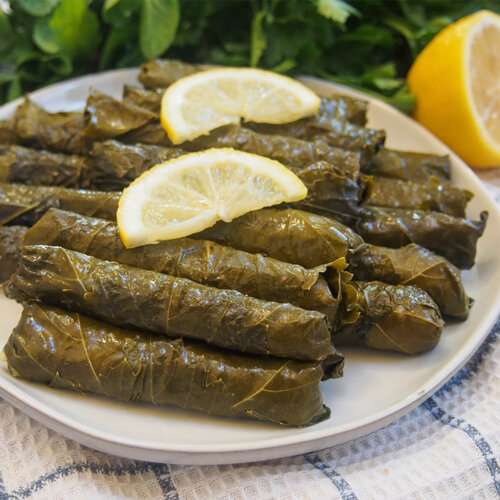
Dolma
Vine leaves and vegetables stuffed with rice and meat or spices.

Kubba
Dumplings made with bulgur or rice, stuffed with minced meat.

Kleicha
Traditional date-filled biscuits and Iraq's national cookie.
Iraq is home to the maqam, a UNESCO-recognised musical tradition. Poetry, particularly from Baghdad’s literary cafes, continues to thrive. Traditional crafts such as carpets and copperware remain popular in markets.
Festivals and Celebrations
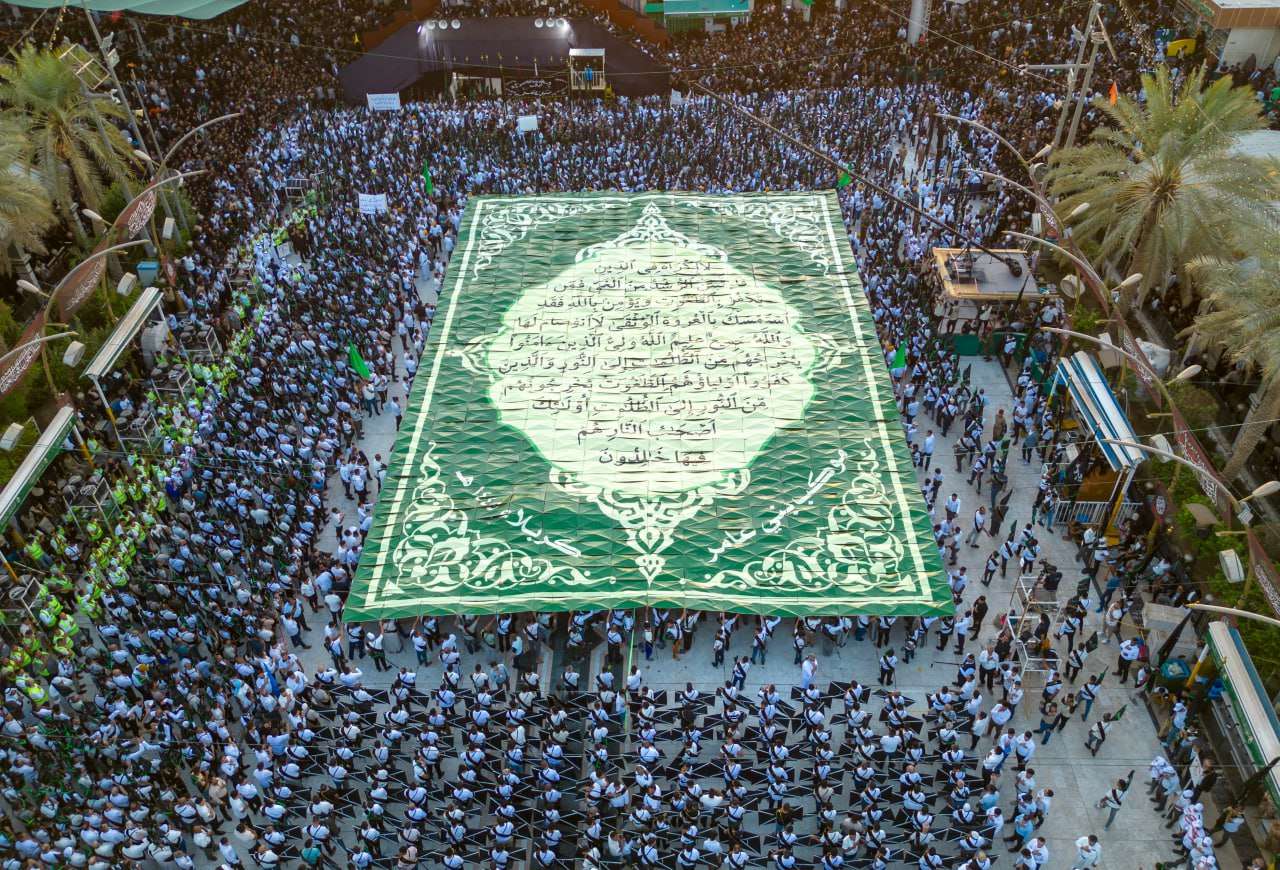
Arbaeen Pilgrimage
The largest annual peaceful gathering in the world.
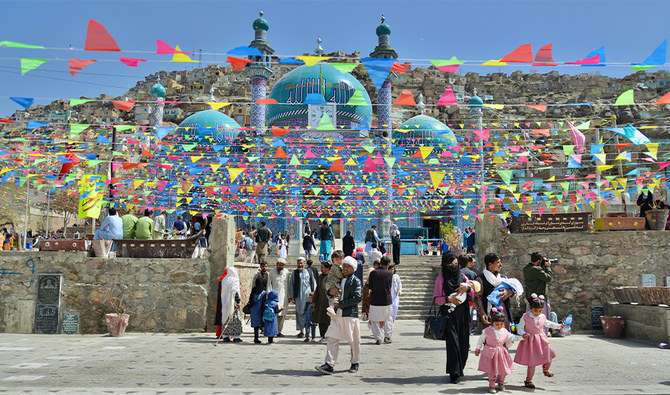
Nowruz
Kurdish New Year celebrated with dancing, bonfires, and music.
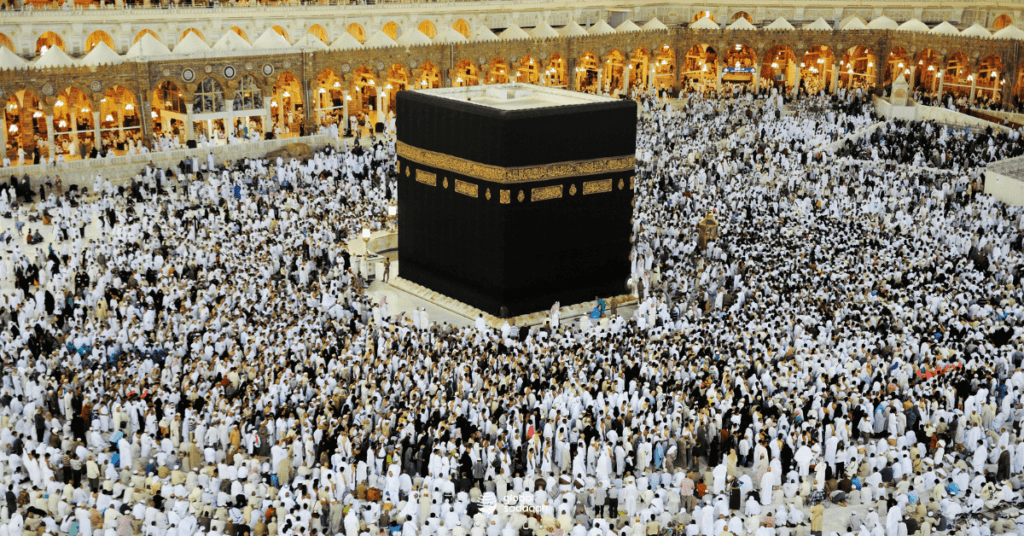
Eid al-Fitr & Eid al-Adha
Family celebrations with food, charity, and joy.
Nature and Landscapes of Iraq
Iraq is not only history – it offers natural beauty too.
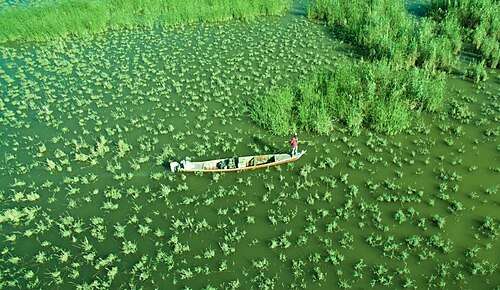
Mesopotamian Marshes
Reeds, waterways, and traditional mudhif guesthouses.
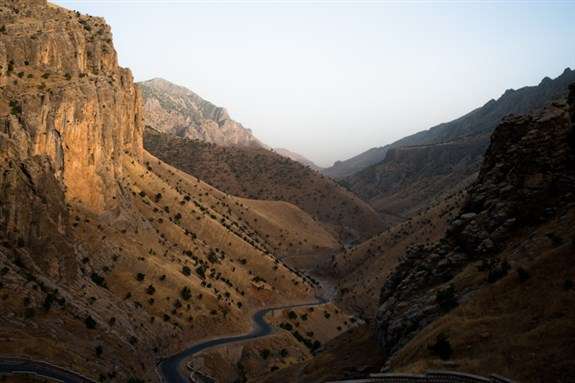
Mountains of Kurdistan
Perfect for hiking, skiing, and breathtaking views.
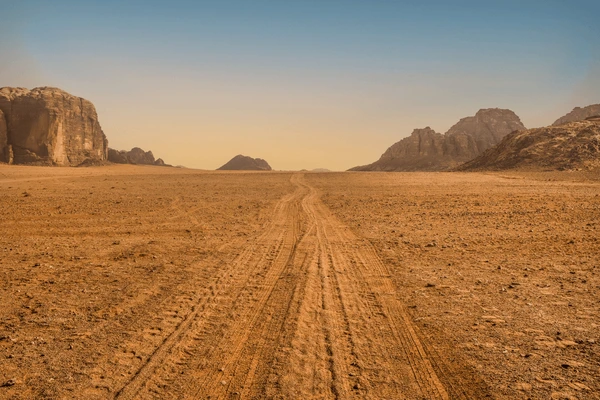
Western Deserts
Vast open spaces ideal for adventure seekers.
Travel Tips for Iraq
Tips for a safe and enjoyable trip to Iraq.
- Safety and Reality - Contrary to stereotypes, many Iraqi cities are safer than parts of Europe. Petty crime is rare, and locals often look after foreign visitors.
- Entry Requirements - Visas on arrival are available for many nationalities at Baghdad, Basra, and Najaf airports. Always check the latest requirements.
- Transport - Domestic flights connect major cities. Private taxis and guided tours are common for travellers.
- Accommodation - Options range from local guesthouses to international hotels. StayInIraq.com will soon feature a HOTELS directory.
- Best Time to Visit - October to April offers pleasant weather. Summers are very hot, especially in the south.
Learn more about this topic on our Religious Tourism in Iraq page.
Iraq surprised me. The people welcomed me as family, and I felt safer than in many European cities. The culture and history are beyond imagination.
Visitor from the UK
BOOK YOUR TRIP TO IRAQ
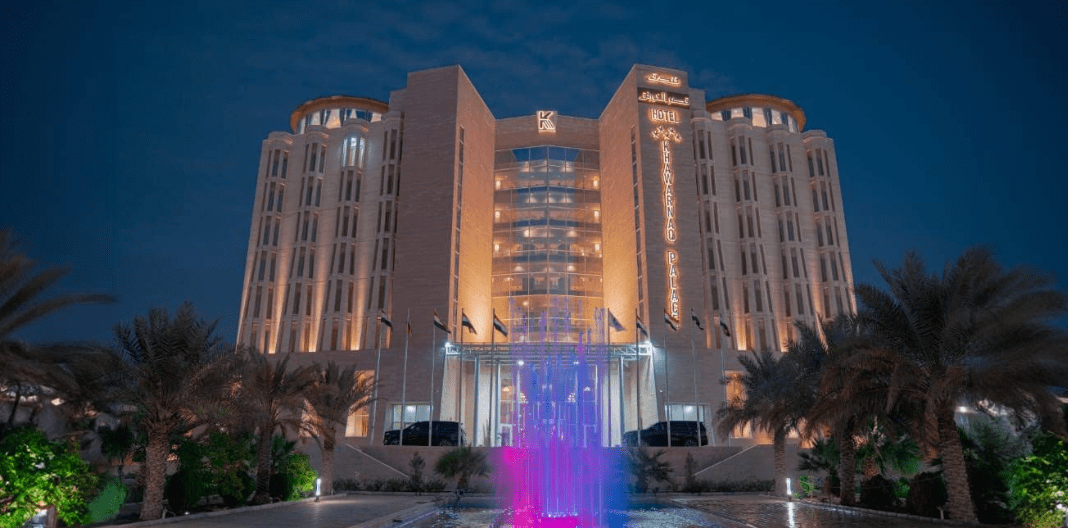
Khawarnaq Palace Hotel
View Details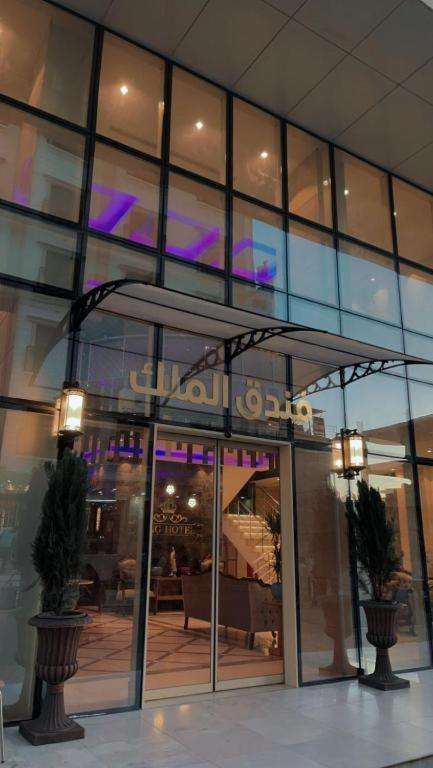
King Hotel Karbala
View Details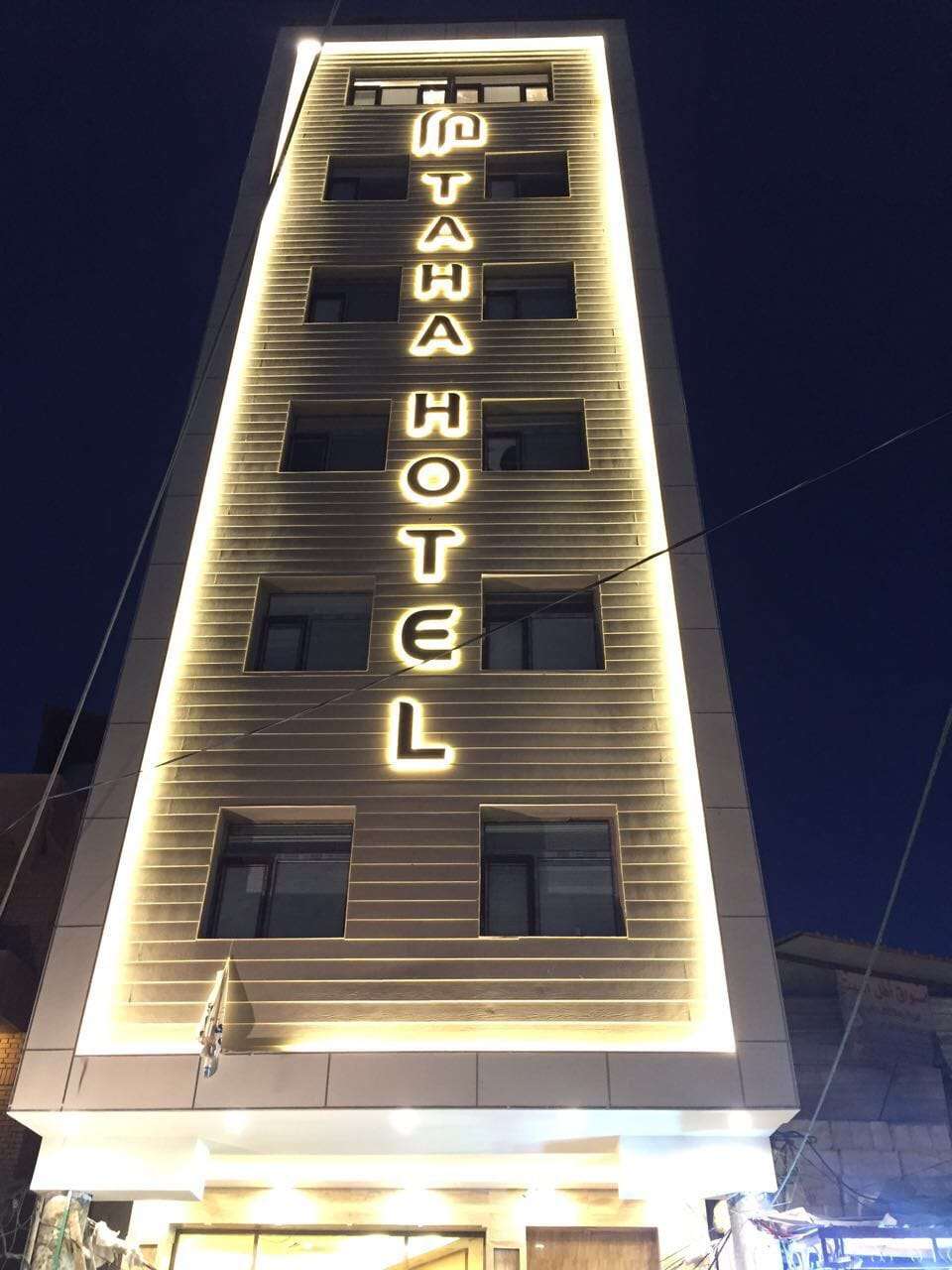
Hotel Taha – Karbala
View Details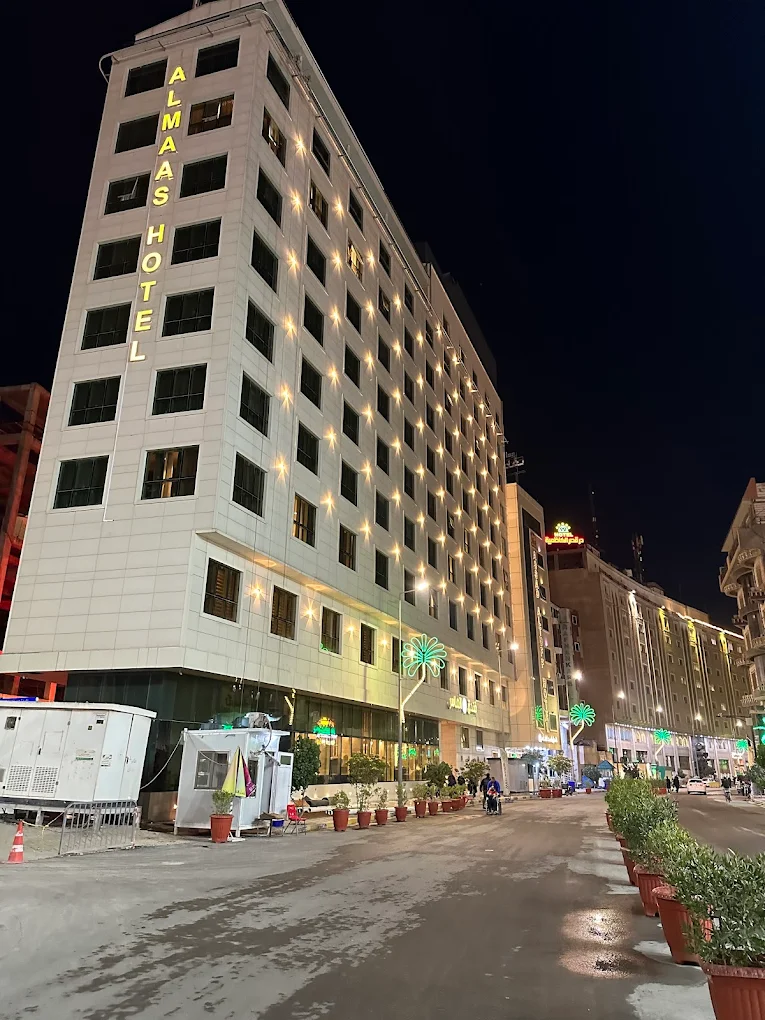
Almaas Hotel Karbala
View Details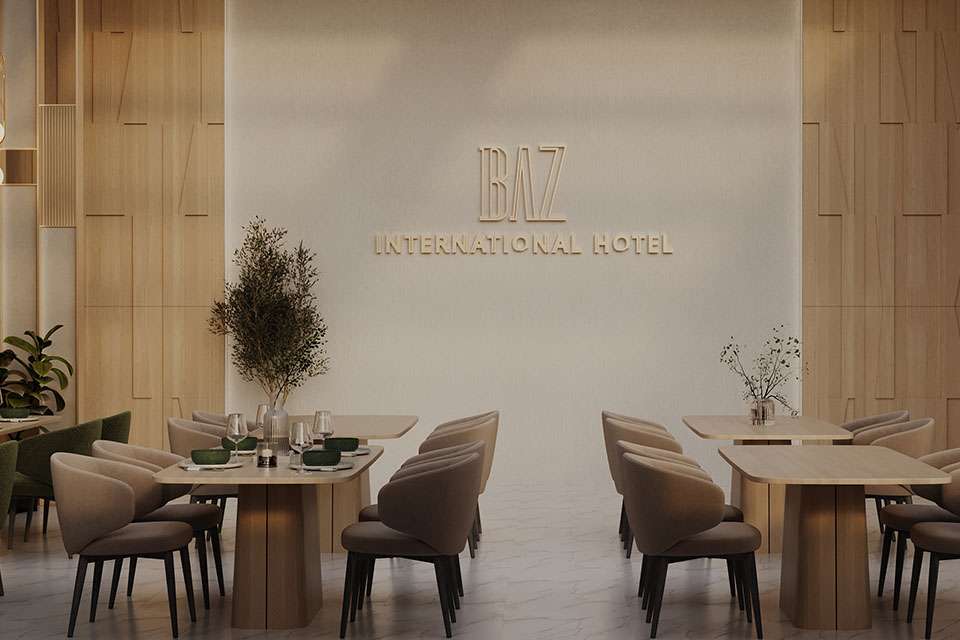
Baz Hotel Bagdad
View Details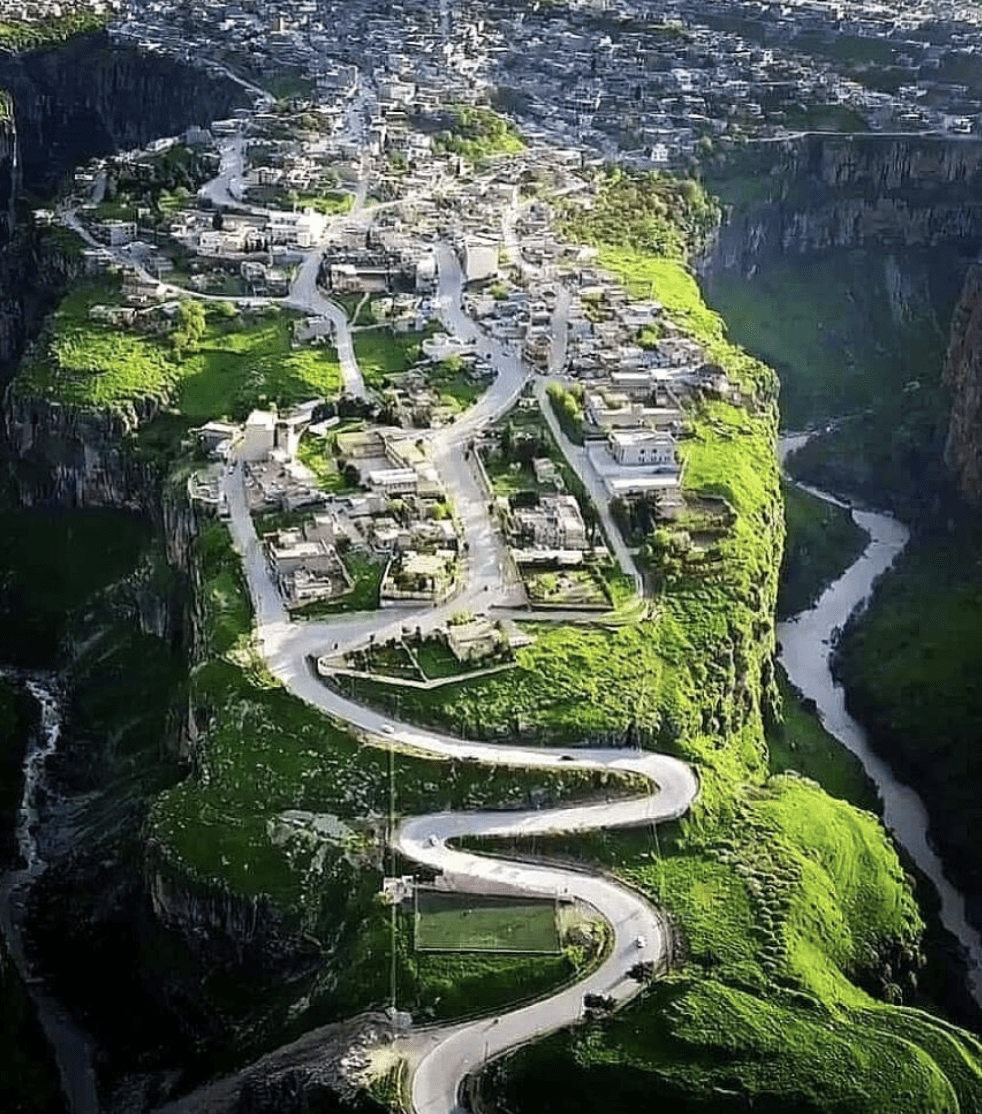
Kurdistan Canyon View Hotel – Rawanduz
View Details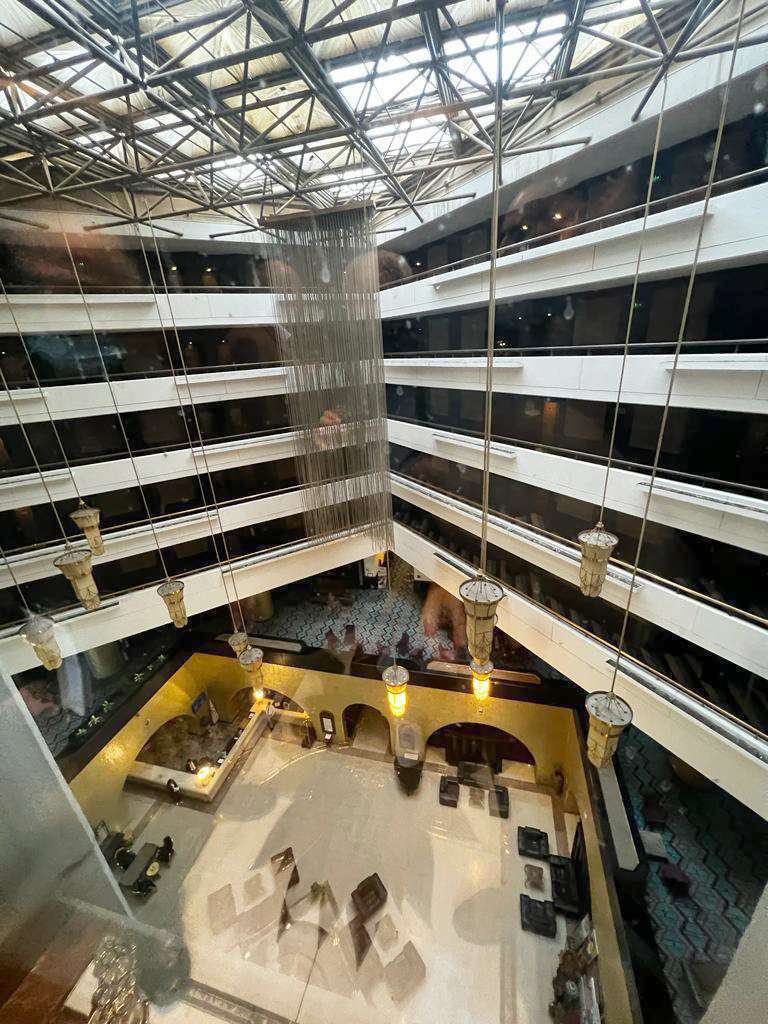
River Rock Ishtar Baghdad
View Details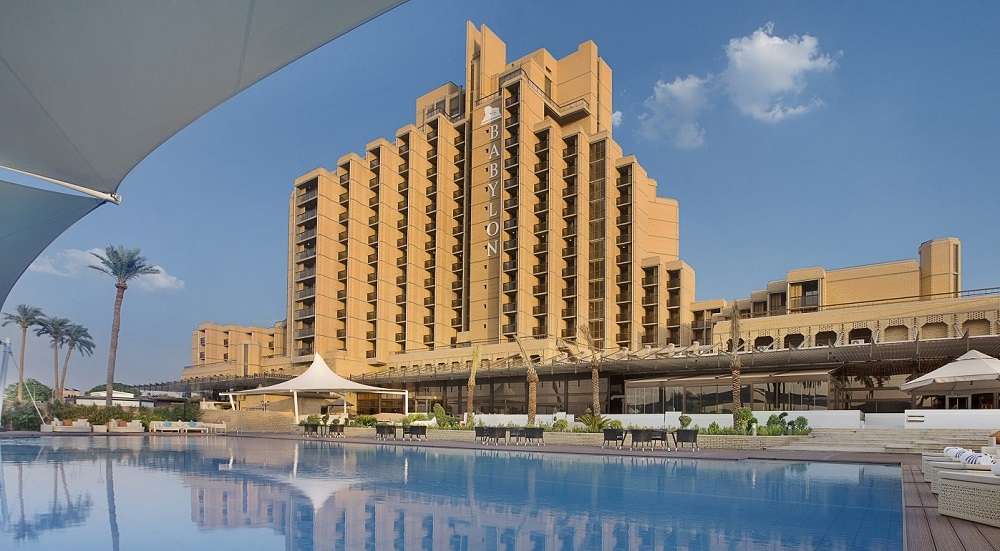
Babylon Rotana
View Details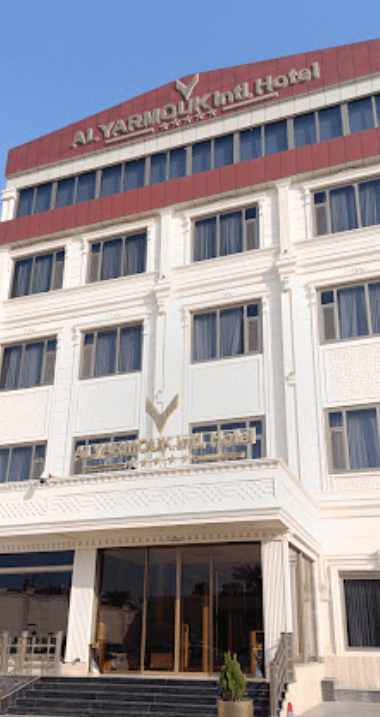
Al Yarmouk International Hotel
View Details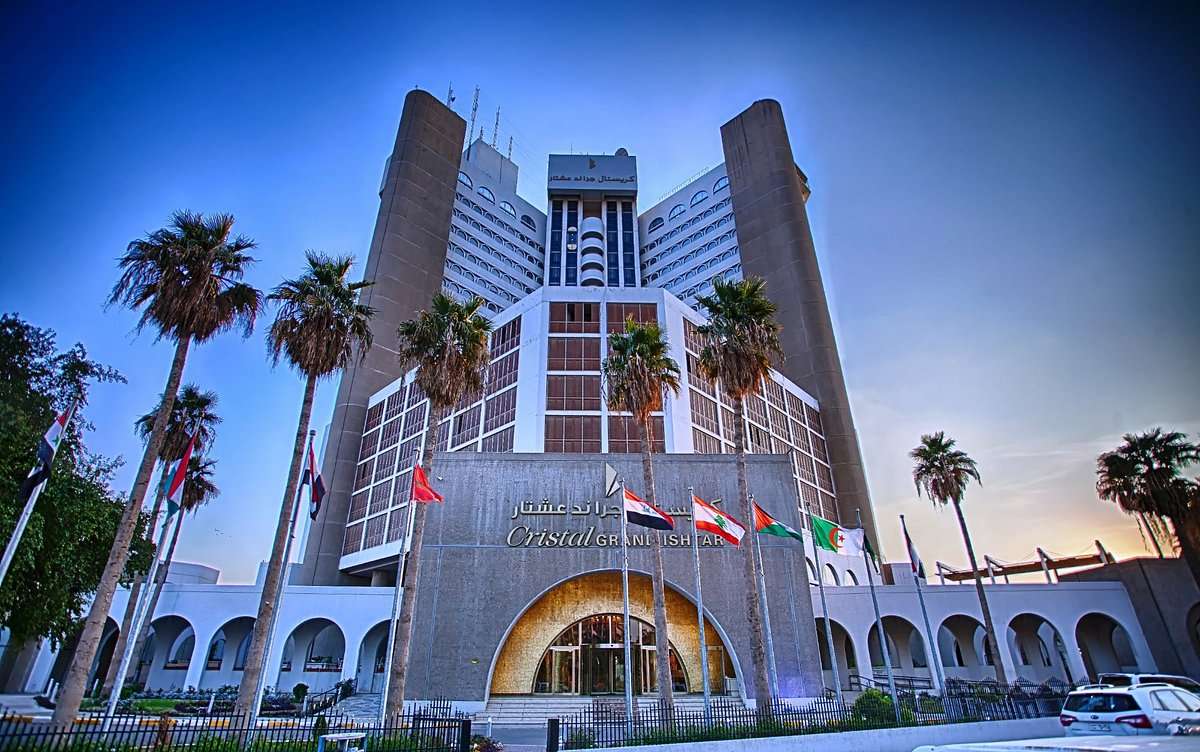
Crystal Grand Hotel Ishtar
View Details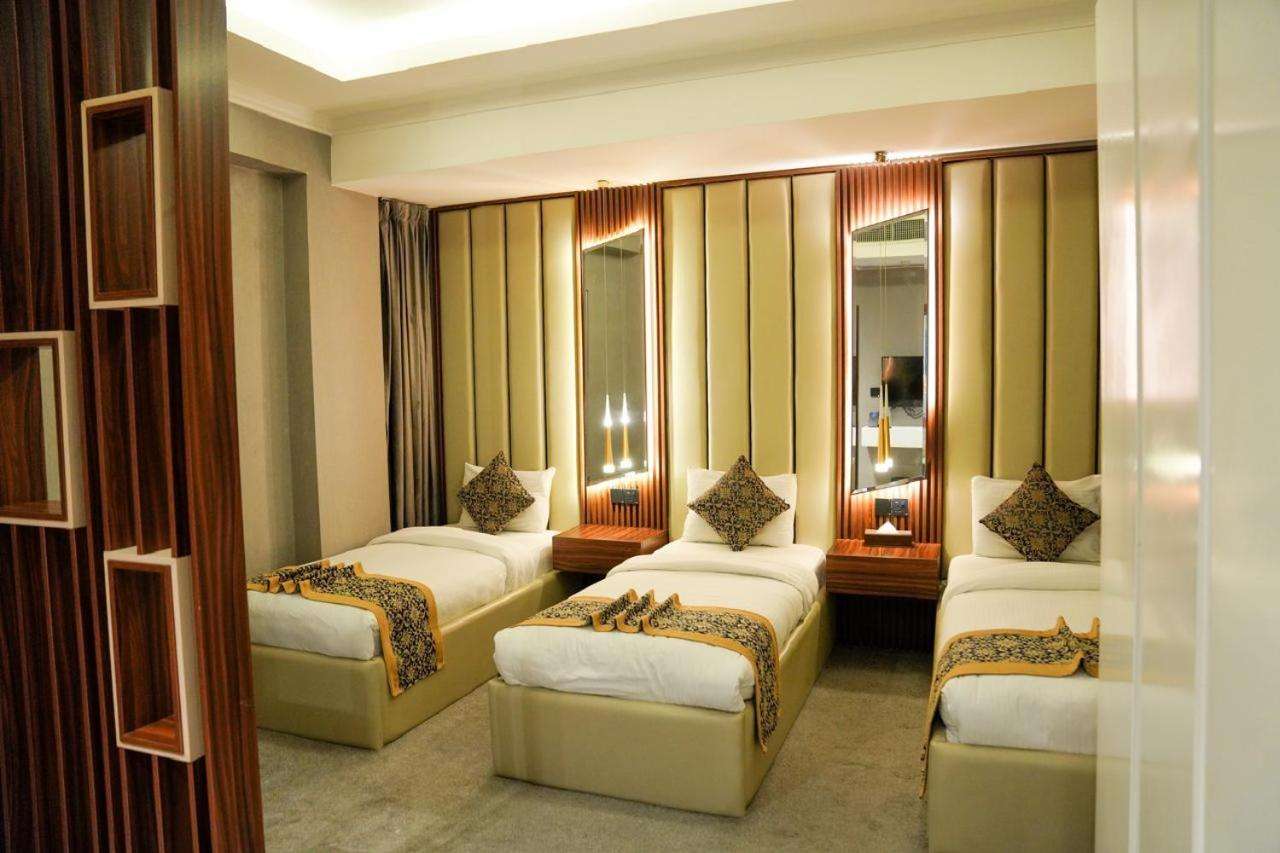
فندق قلب العاصمة
View Details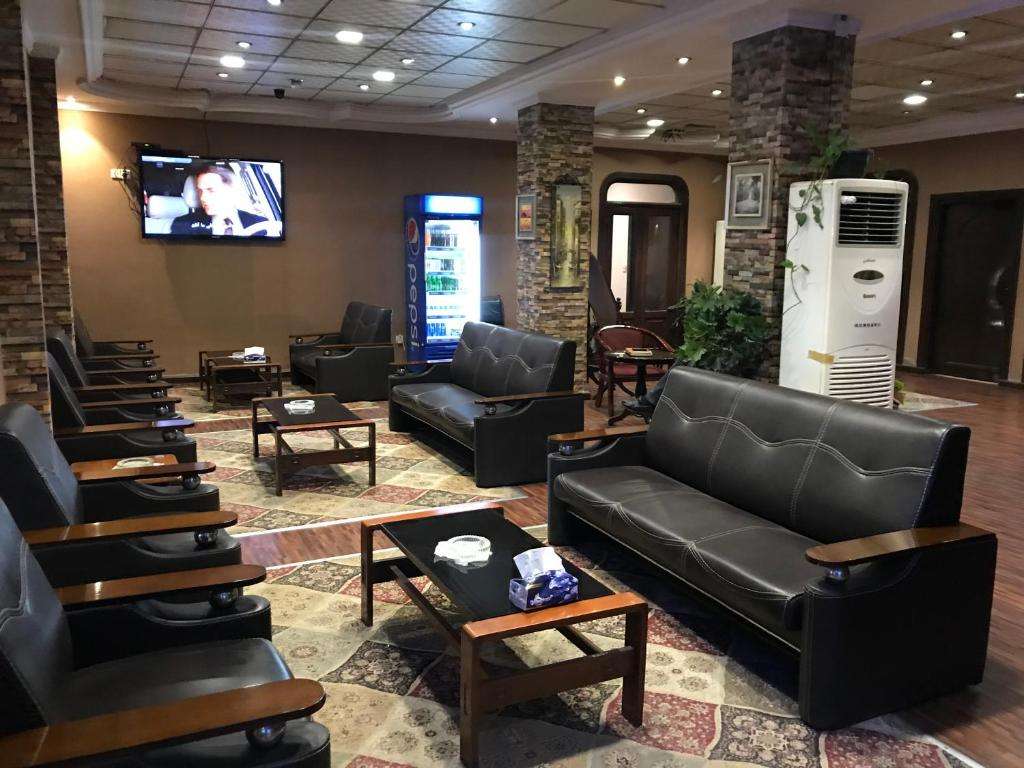
Castle Hotel
View Details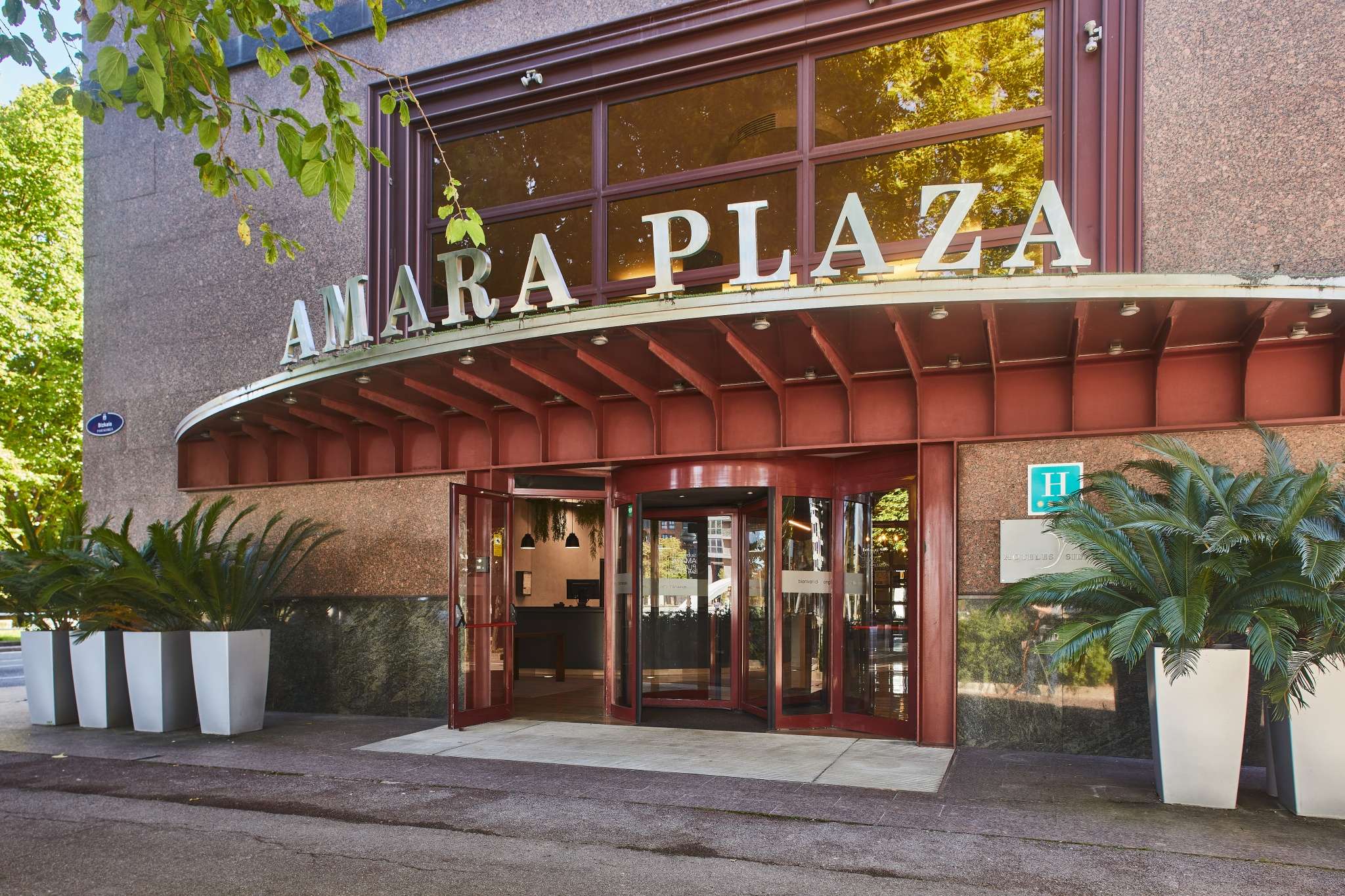
Silken Amara Plaza
View Details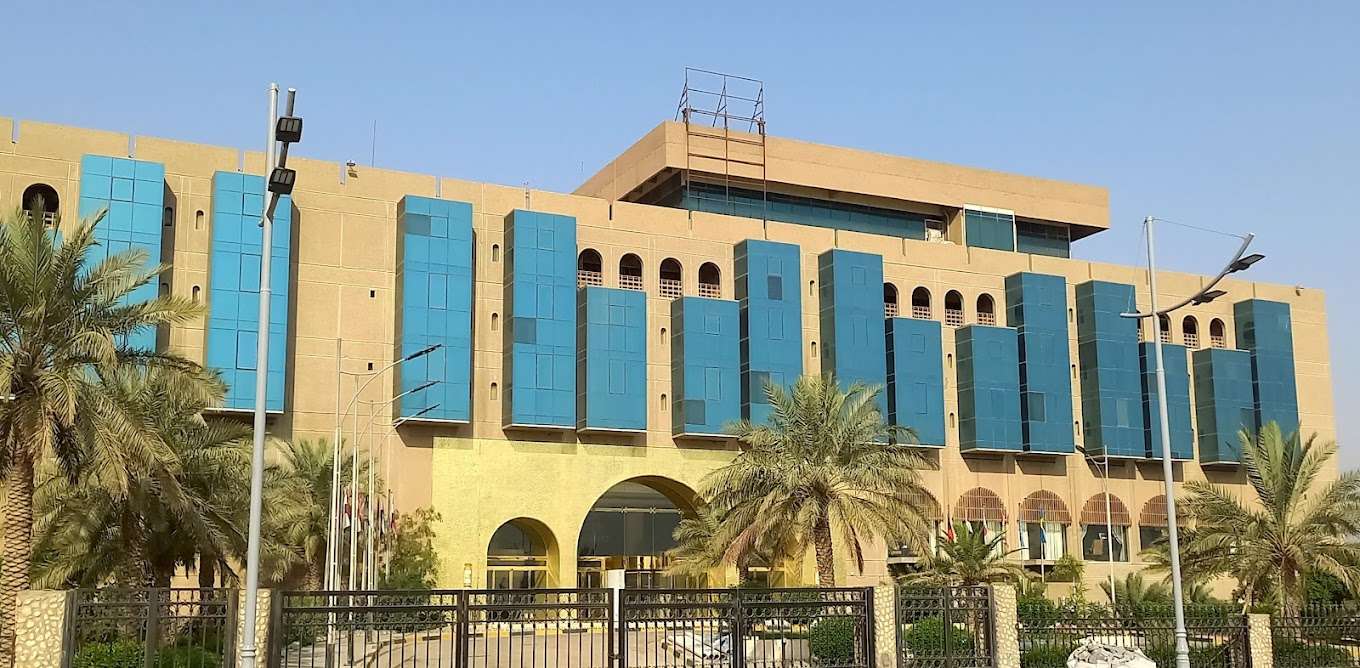
Basra International Hotel
View Details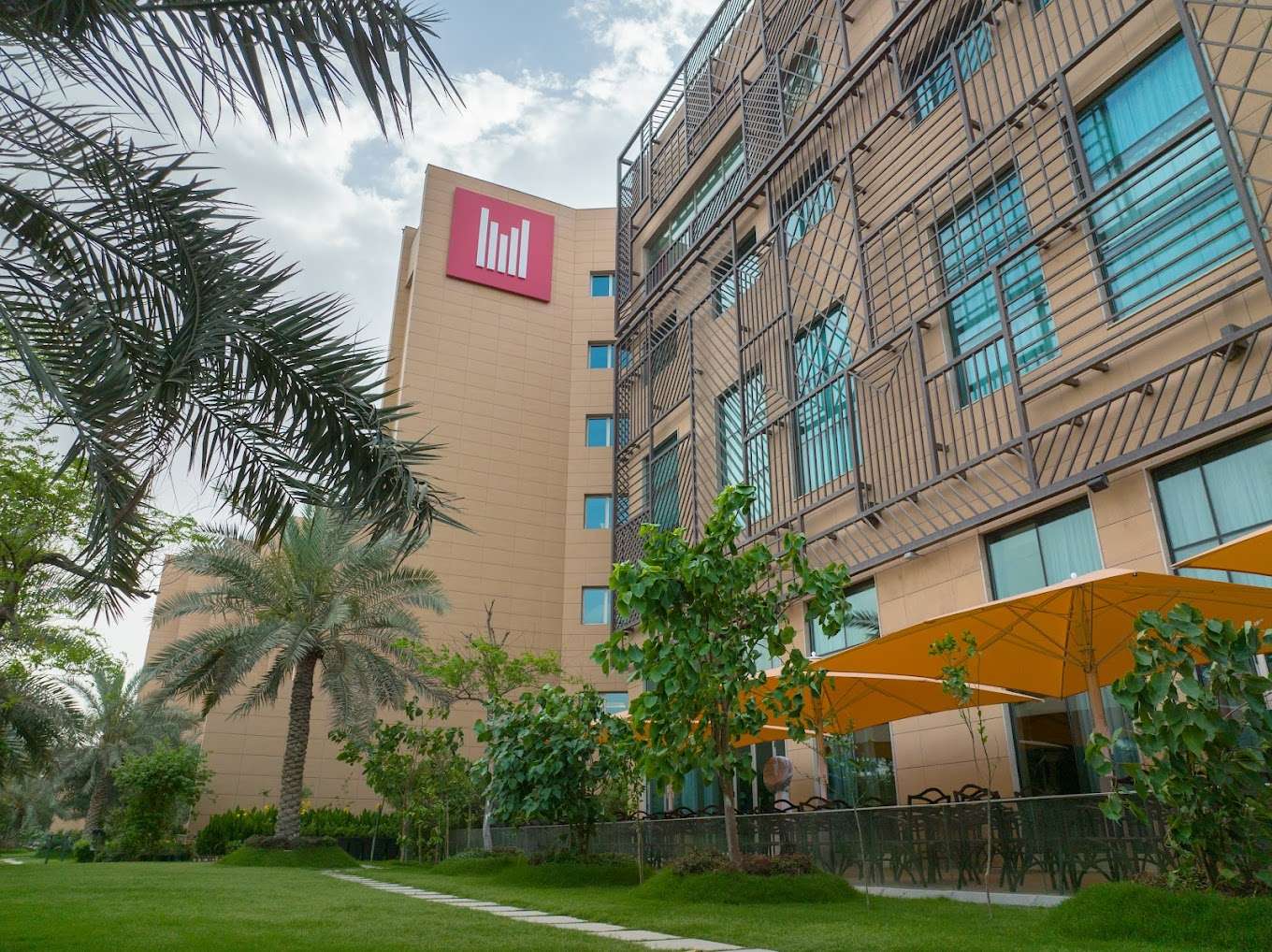
Grand Millennium Al Seef Basra
View Details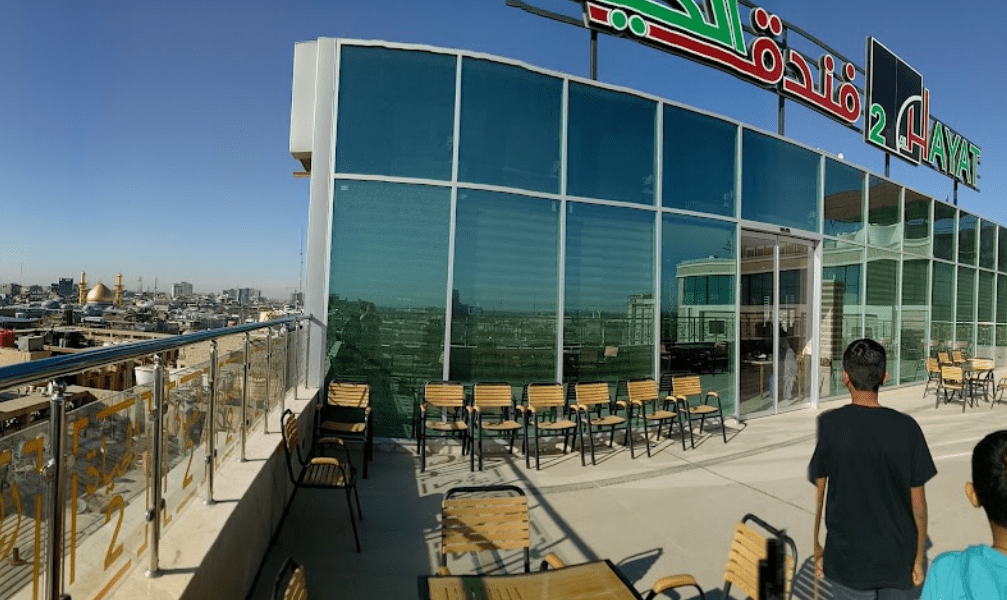
Life Hotel
View Details
Royal Karbala Hotel
View Details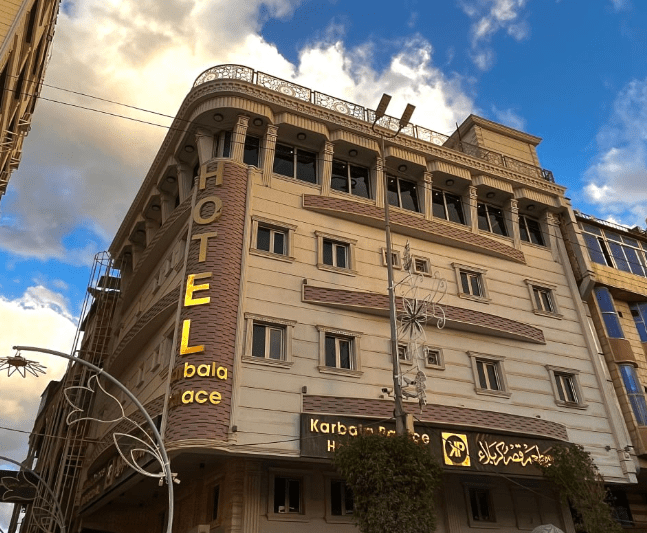
Karbala palace Hotel
View Details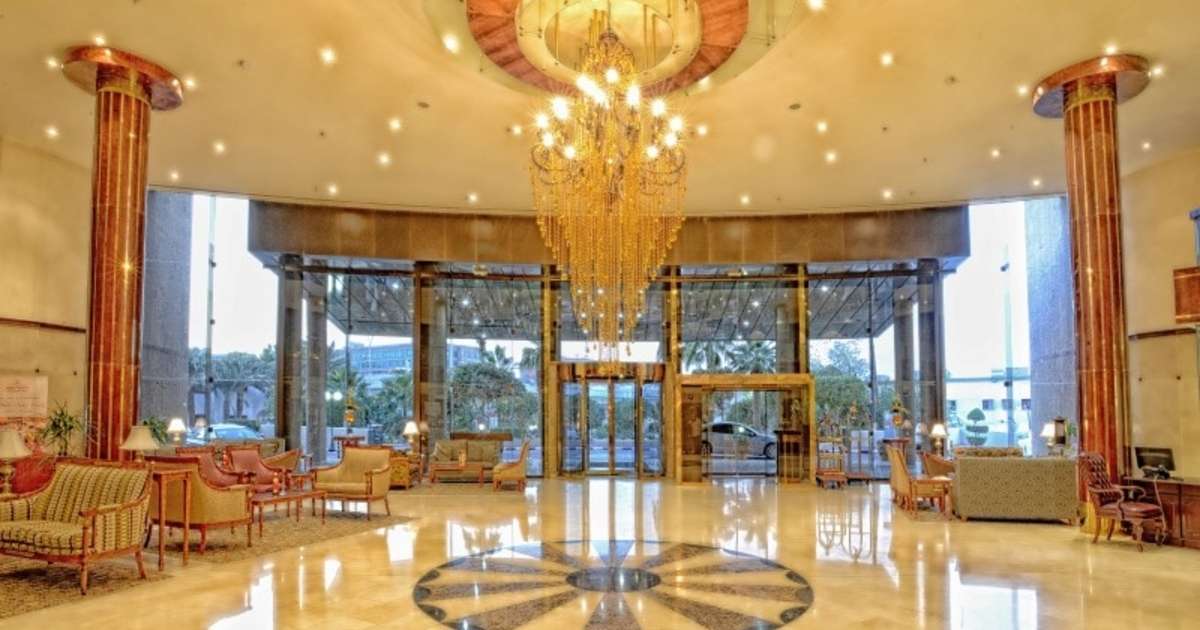
Dur Kadhimiya Palace Hotel
View Details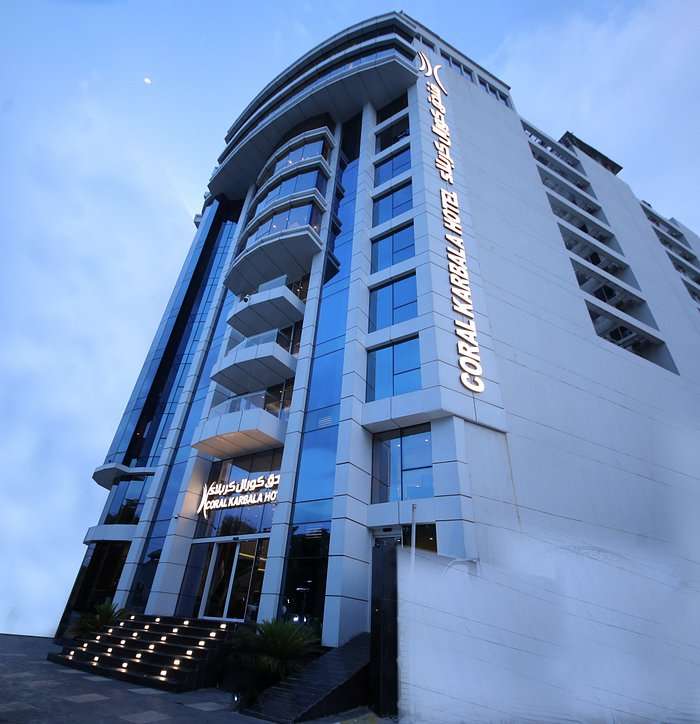
Coral Karbala Hotel
View Details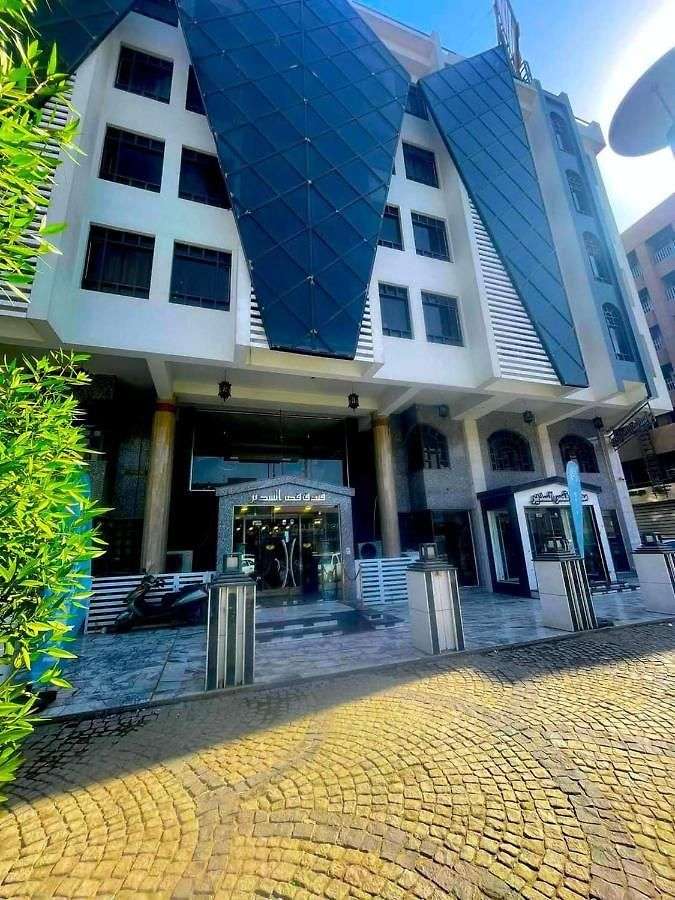
Al Sadeer Palace
View Details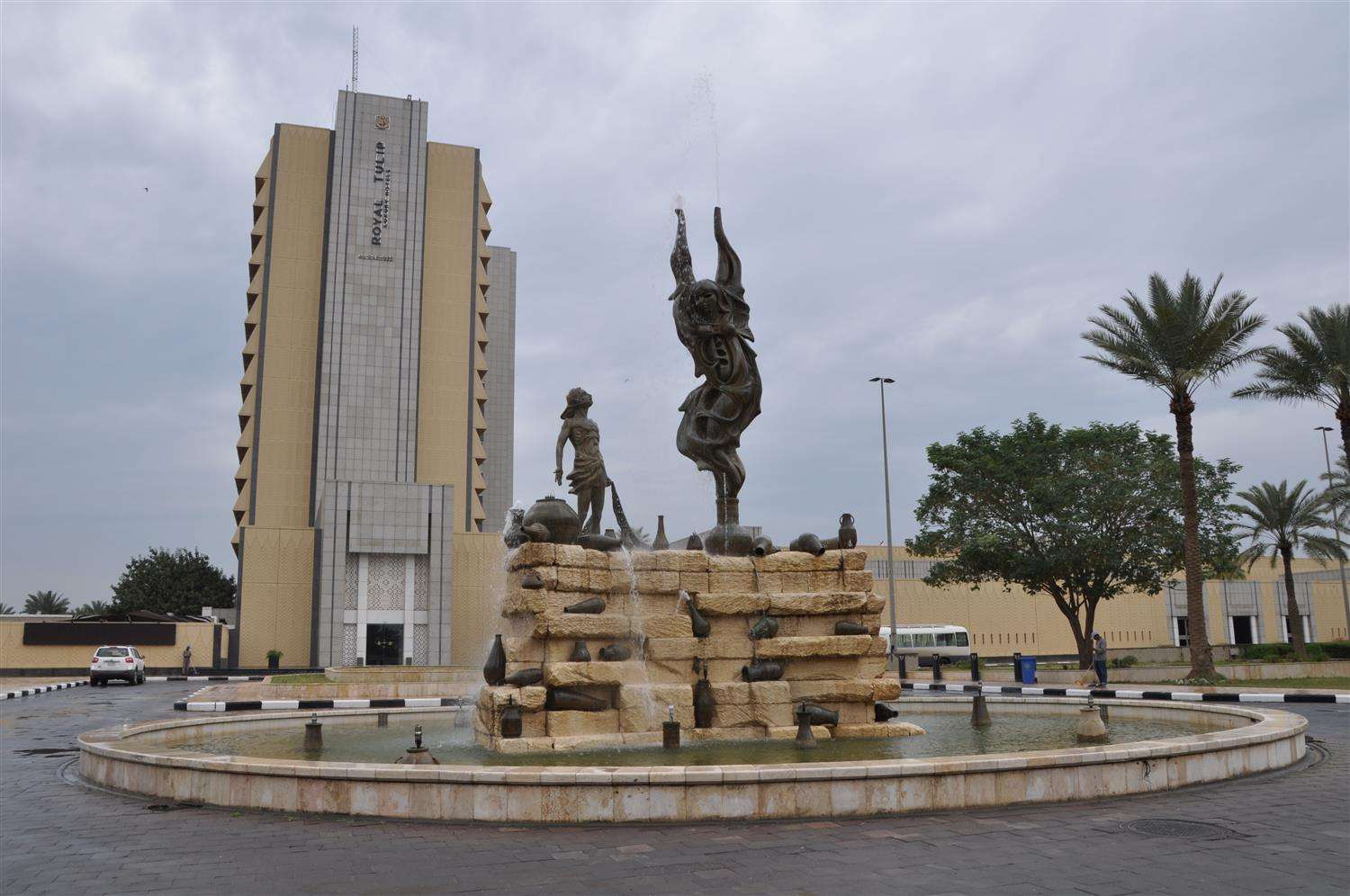
Royal Tulip Al Rasheed Hotel
View Details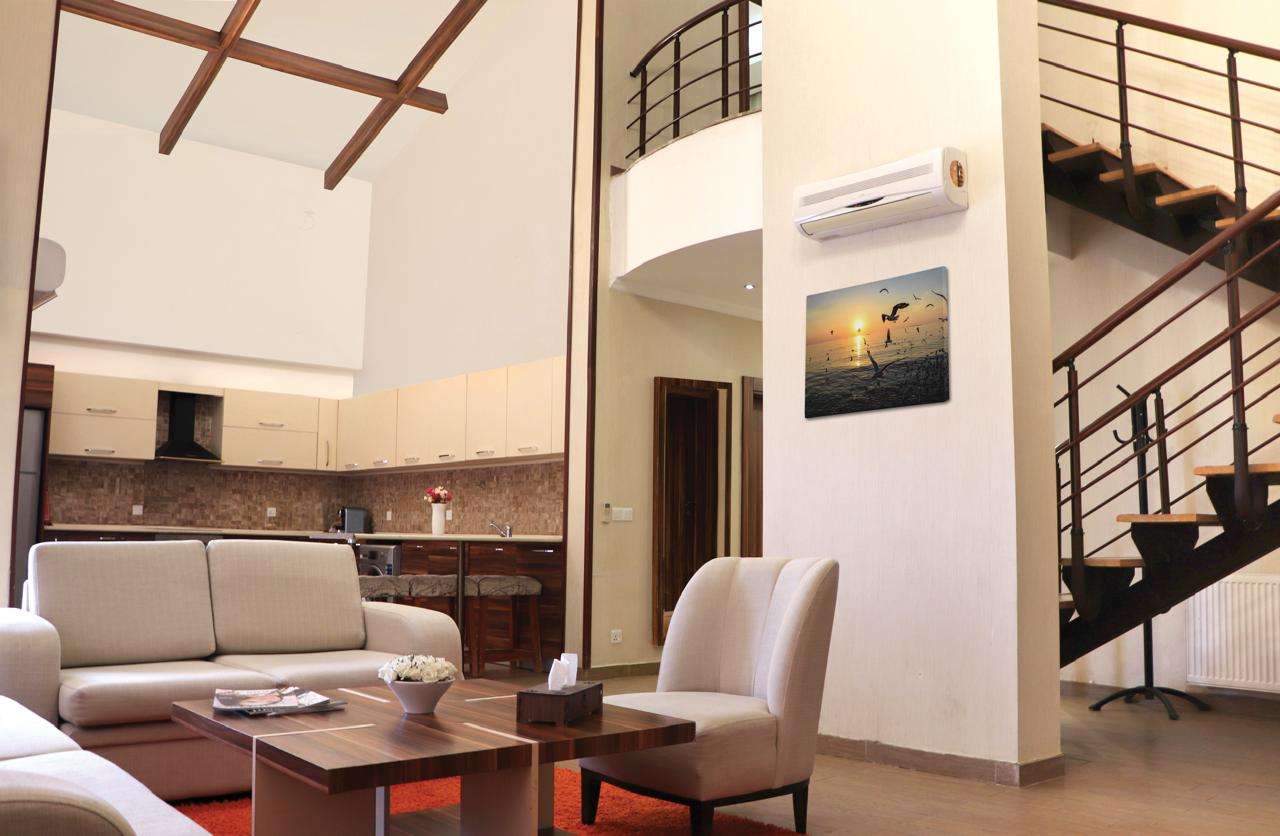
Korek Resort
View Details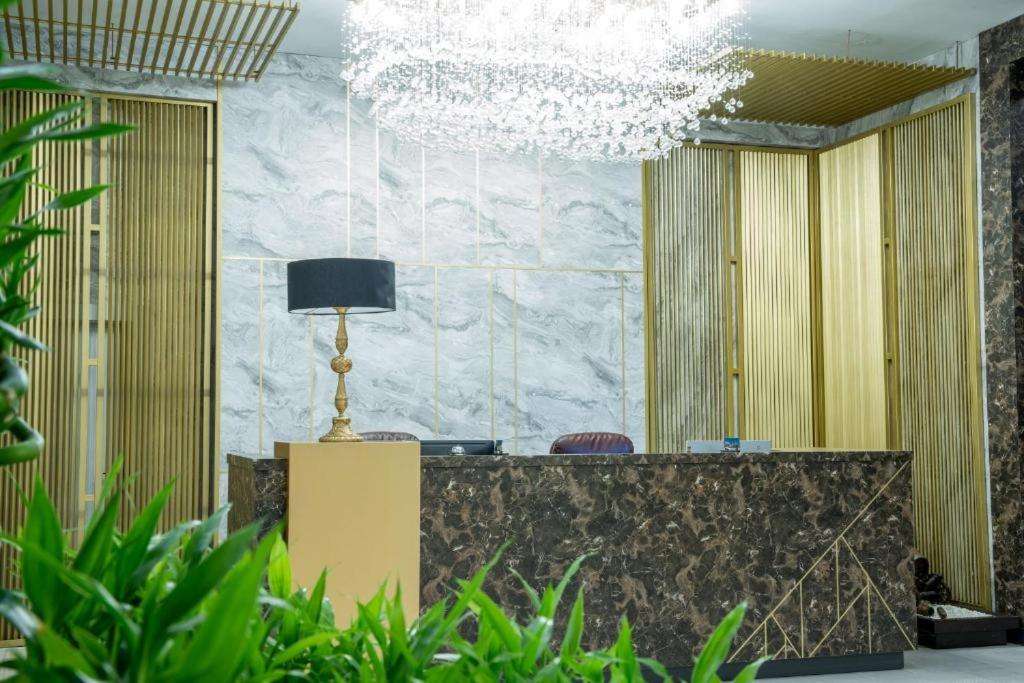
Bloom Hotel
View Details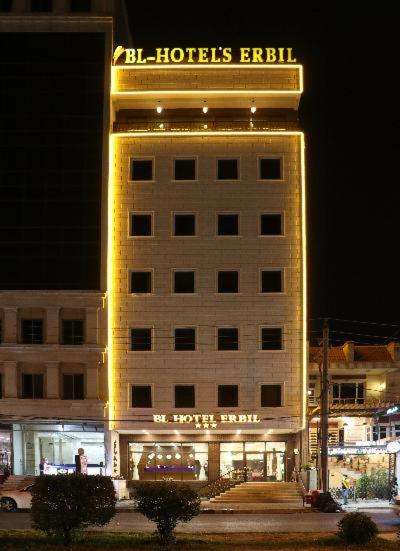
BL Hotel’s Erbil
View Details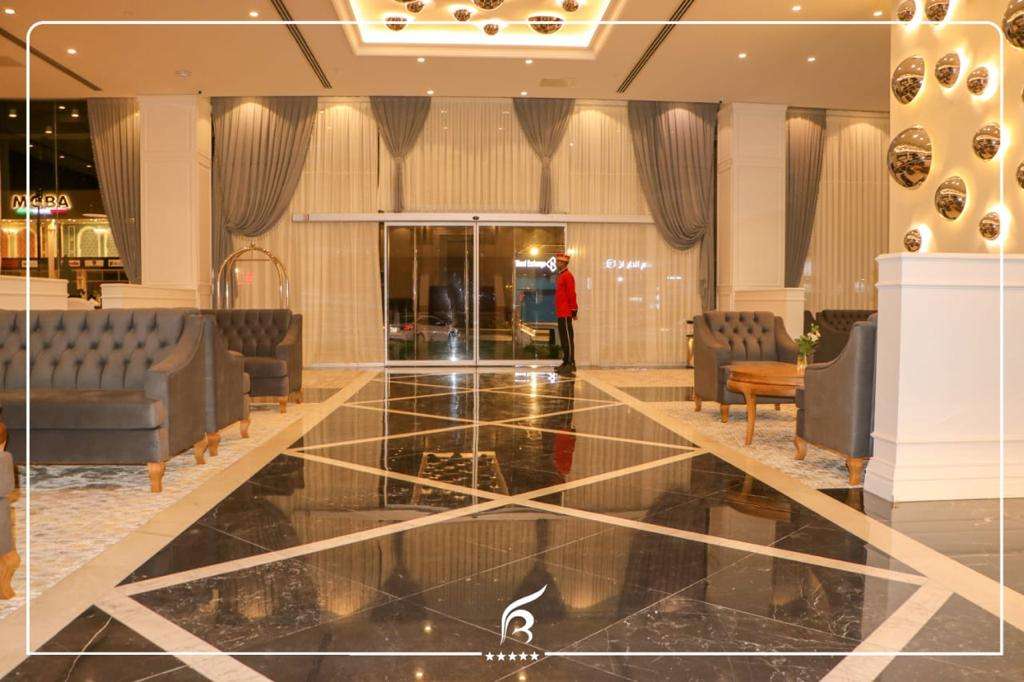
Best Inn Hotel – Erbil
View Details
Grand Millennium
View Details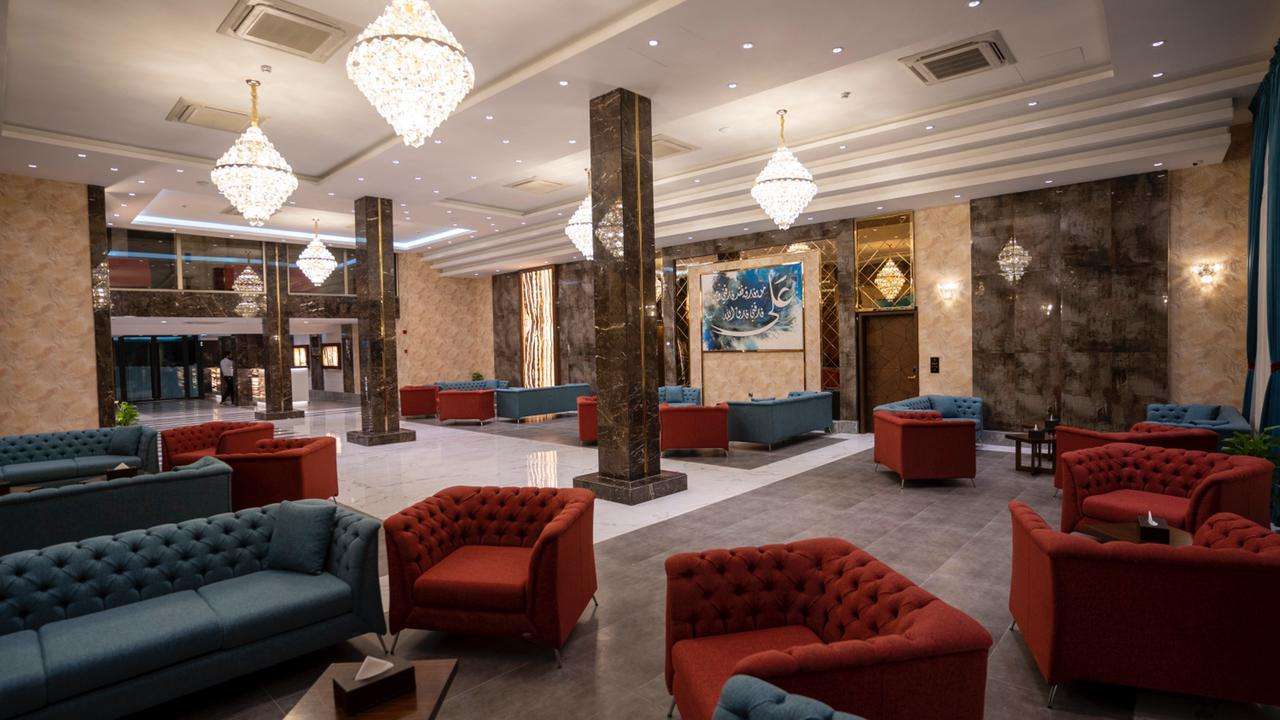
Jar ALAmer
View Details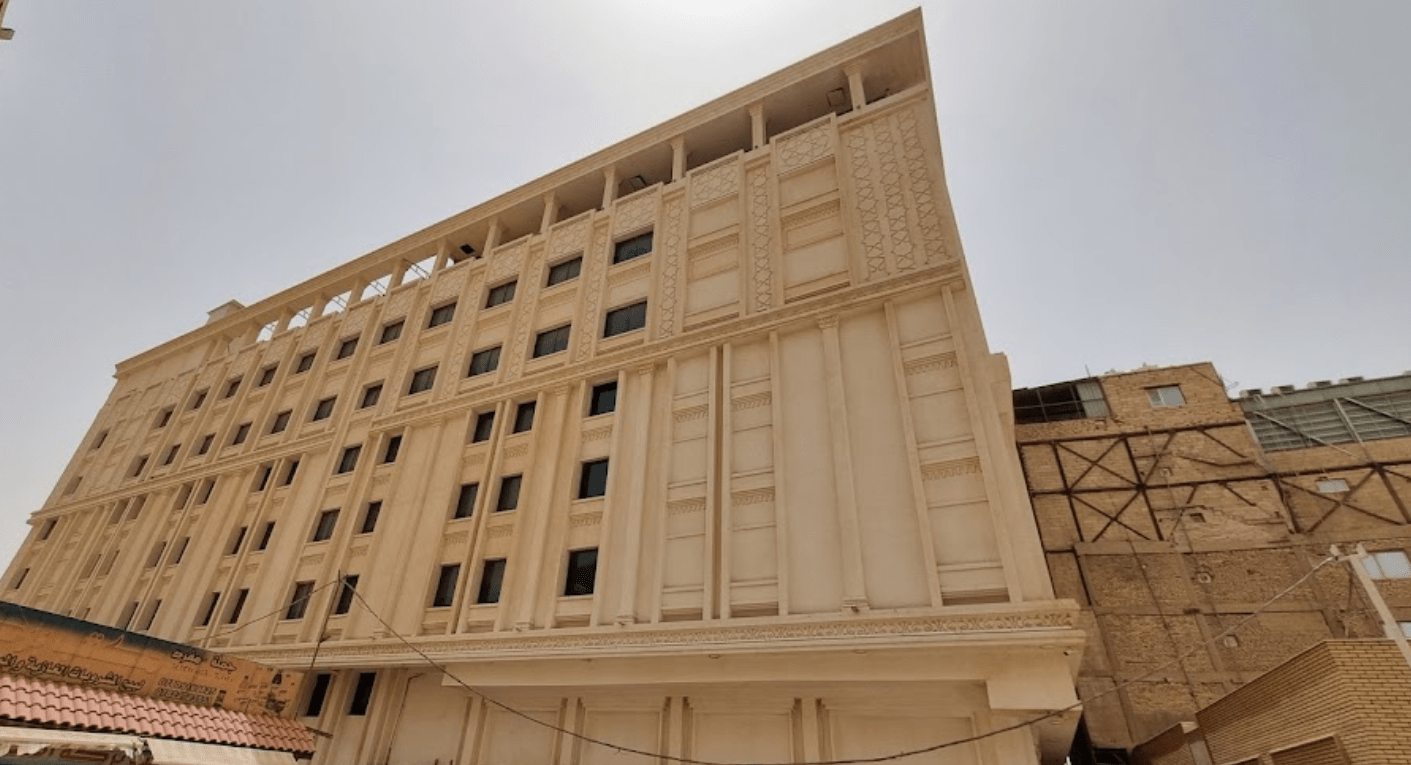
Qasr AlDur
View Details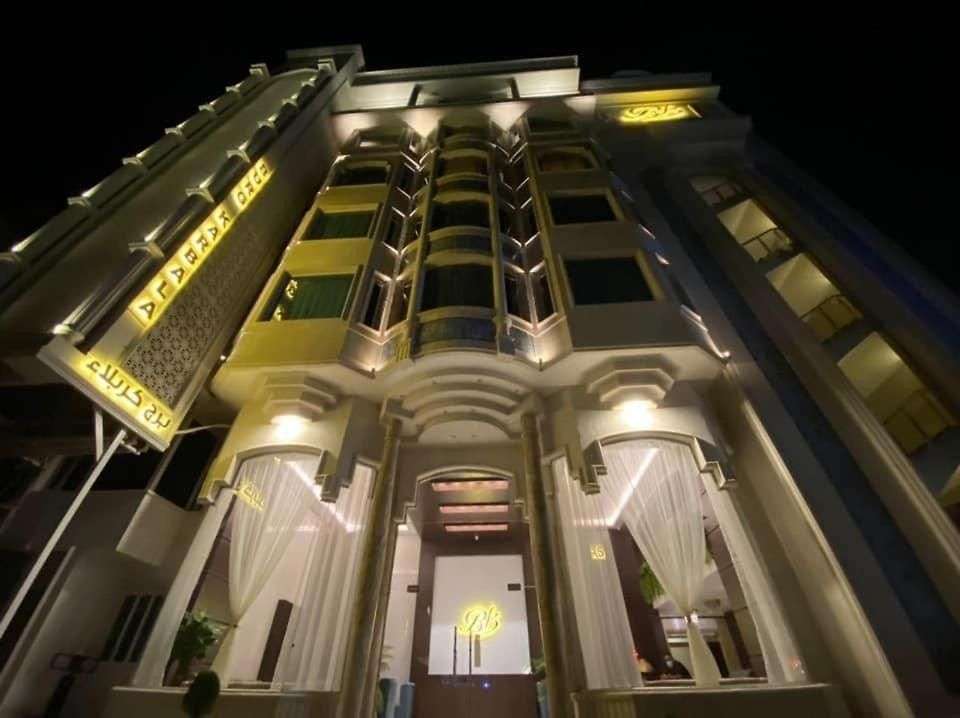
Burj Karbala Hotel
View Details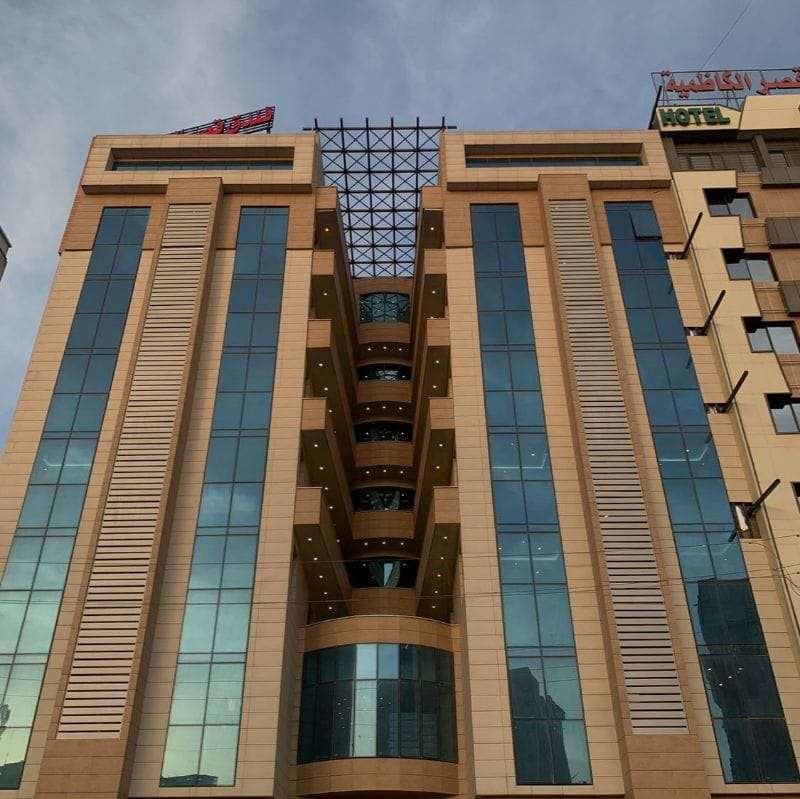
Al-Asriya Hotel
View Details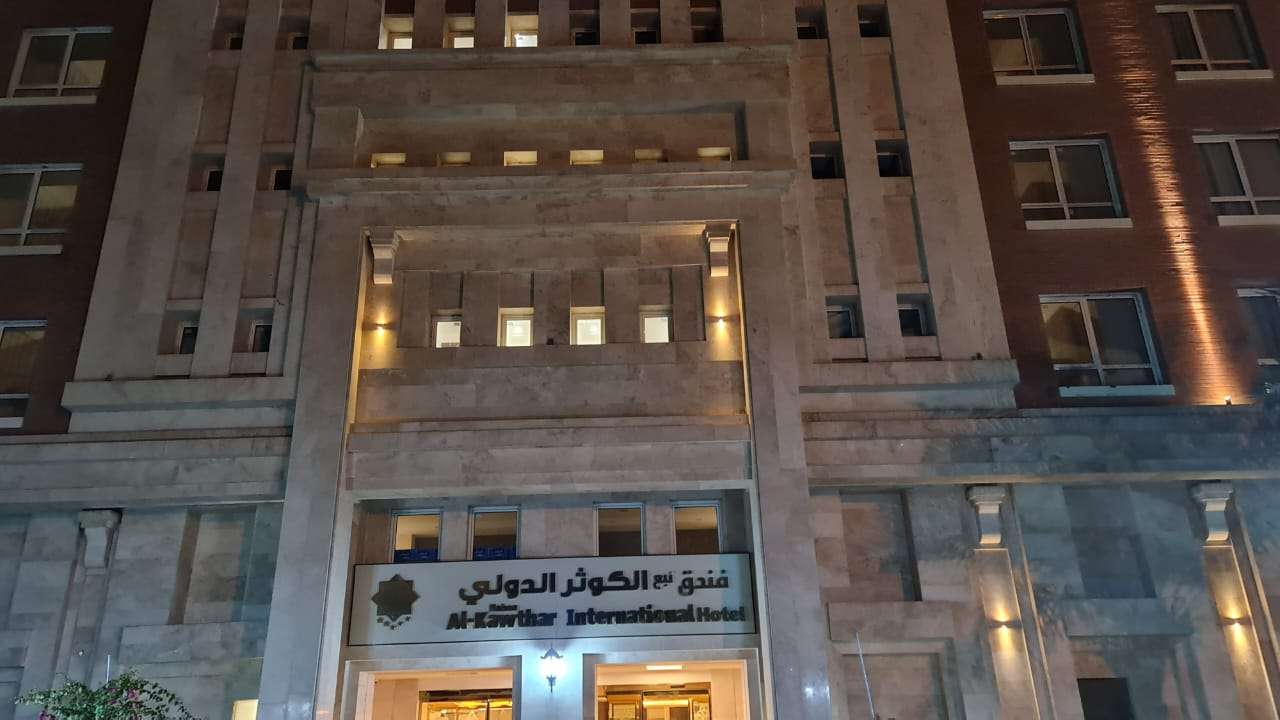
Al-Kawthar
View Details
Noor Al-Zahraa
View Details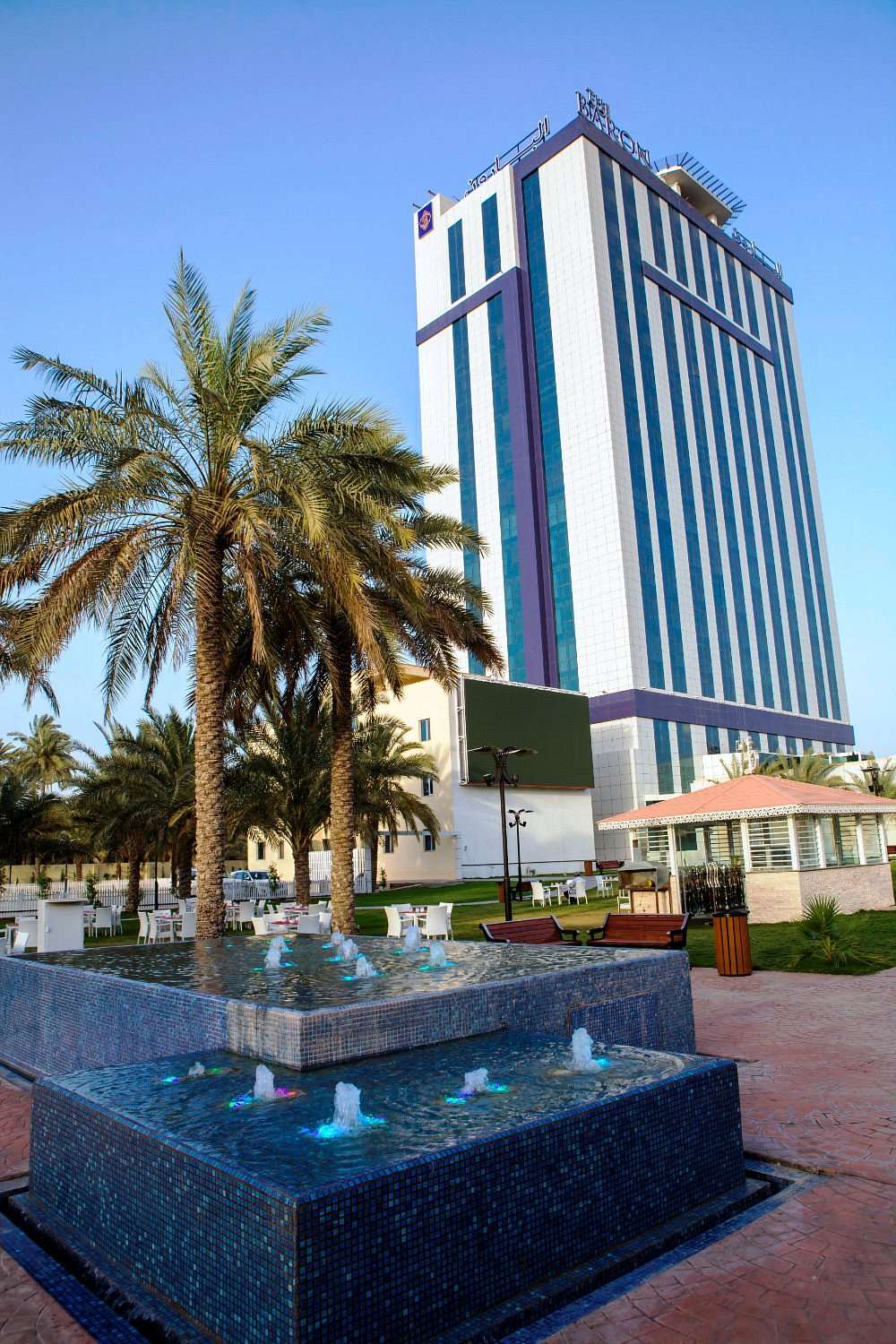
The Baron Hotel
View Details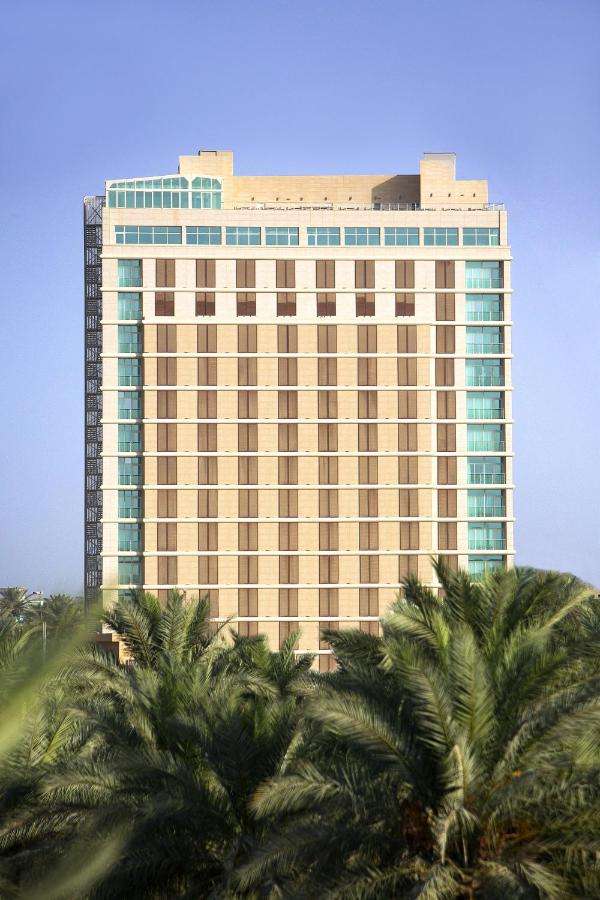
Karbala Rayhaan
View DetailsUnique Experiences in Iraq
Iraq offers a blend of ancient history, rich culture, and profound hospitality. Beyond the historical sites, there are countless unique experiences to be discovered.
- Share tea with a family in Najaf or Karbala.
- Take a boat through the marshlands near Basra.
- Walk Mutanabbi Street’s book market in Baghdad.
- Join pilgrims walking between Najaf and Karbala during Arbaeen.
- Try masgouf by the Tigris River at sunset.
Discover more about traveling in Iraq on our Unique Experiences page.
The marshes were magical, and the food unforgettable. Iraq is truly the hidden gem of the Middle East.
Traveller from Spain
FAQs
Yes. While some areas remain off-limits, most cities are peaceful, and locals protect and guide travellers.
Yes, though modest dress is recommended. Many women report feeling respected and safe, especially in religious cities.
Rich, flavourful, and generous. Meals are often shared, reflecting the culture of hospitality.
Yes. Non-Muslims are usually welcomed with respect as long as they observe customs.
Arabic and Kurdish are official languages. English is increasingly spoken in cities.



